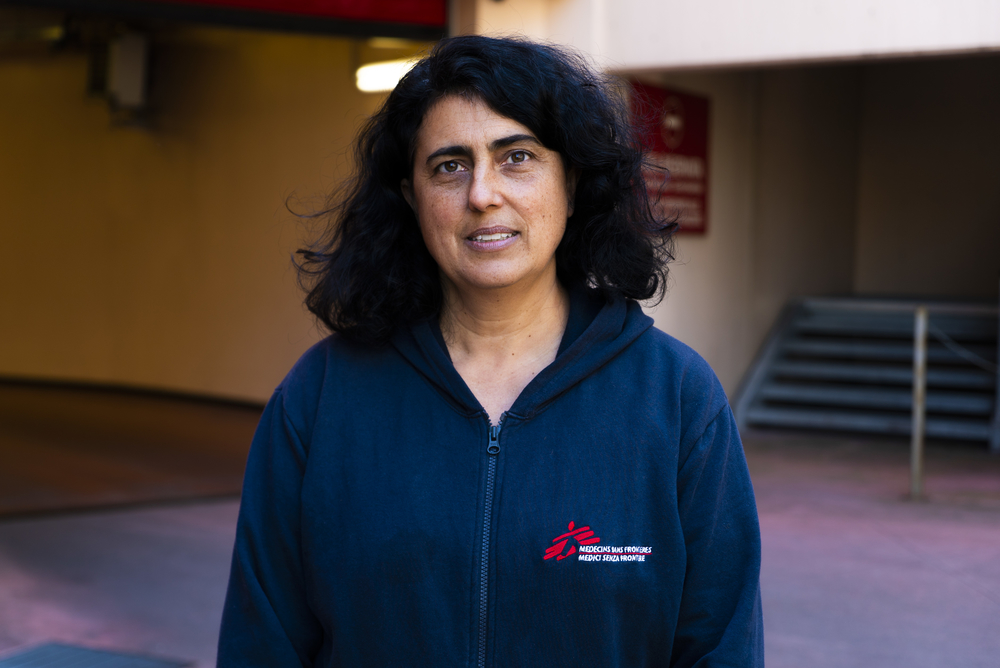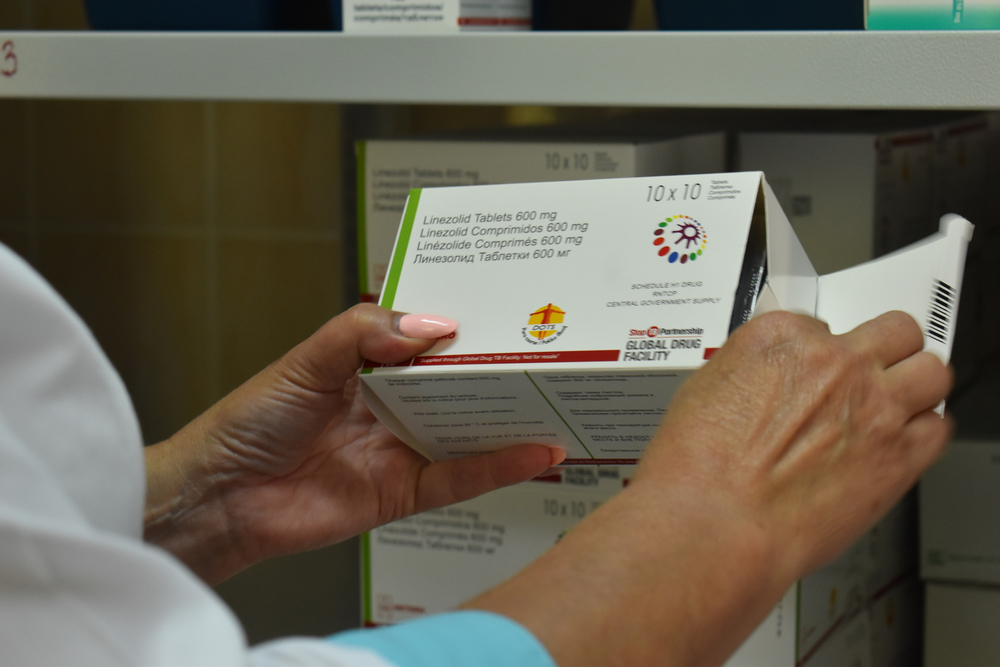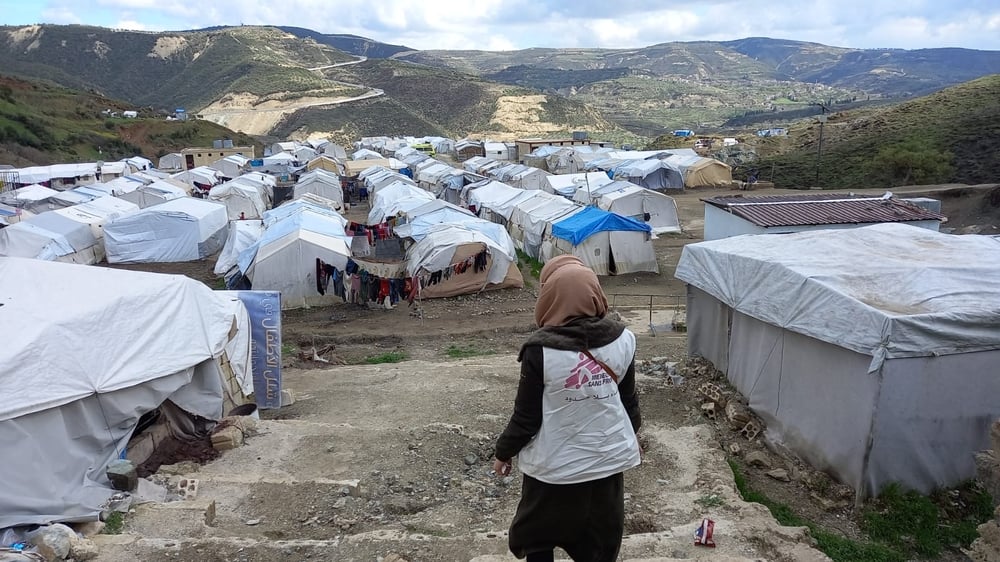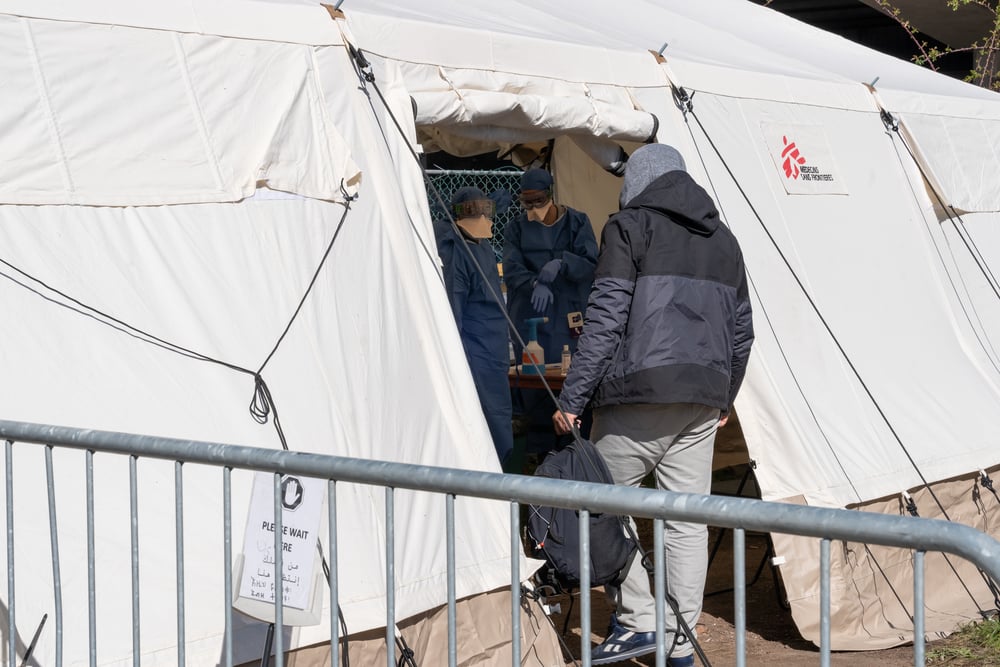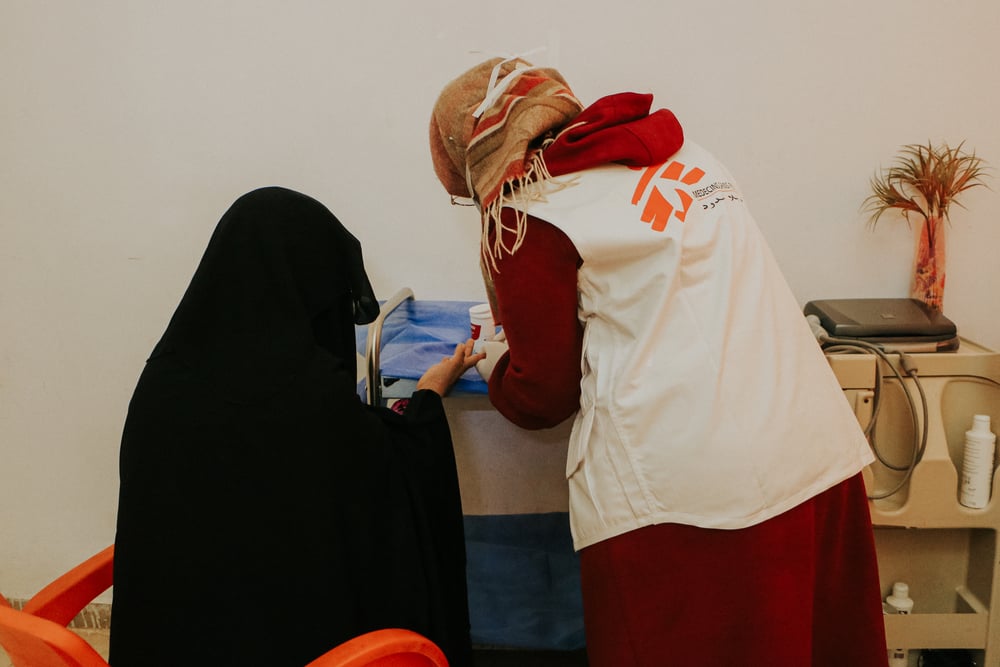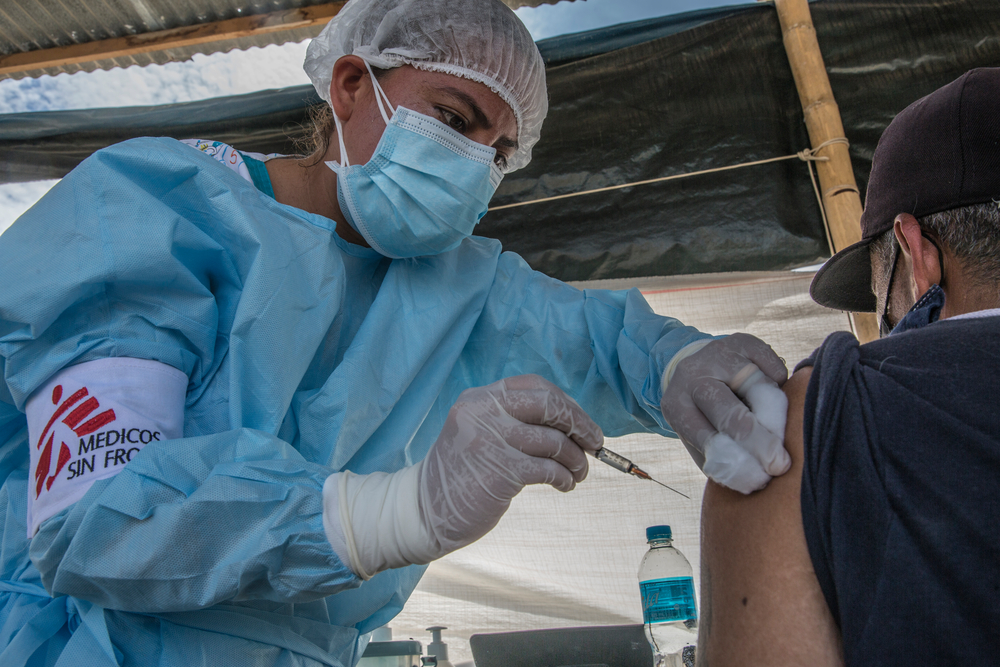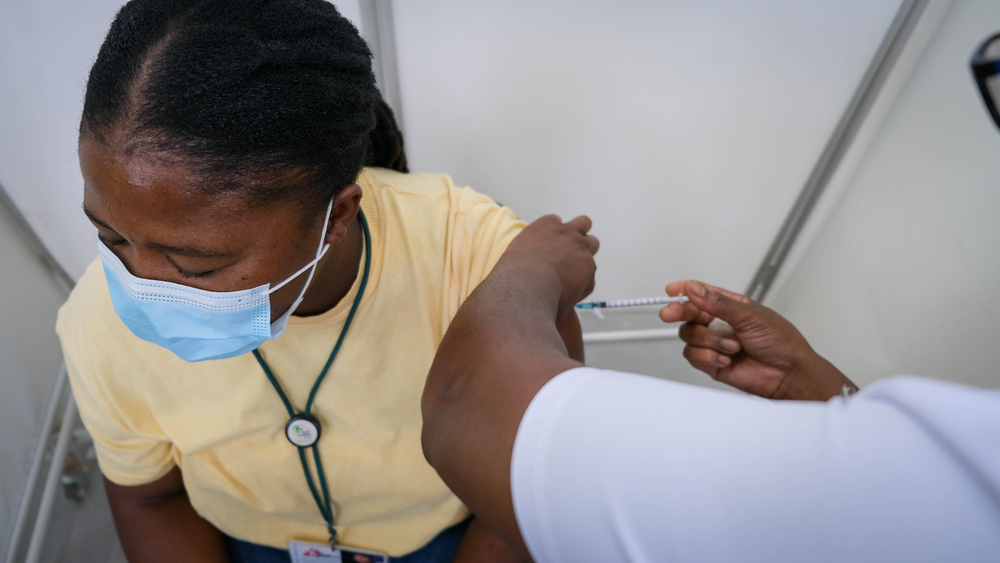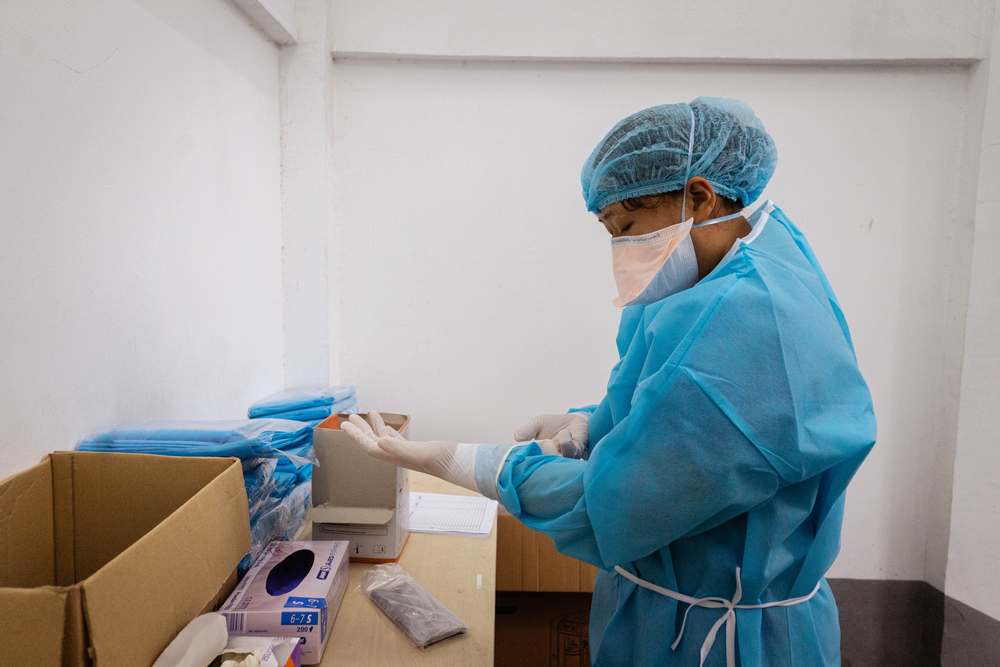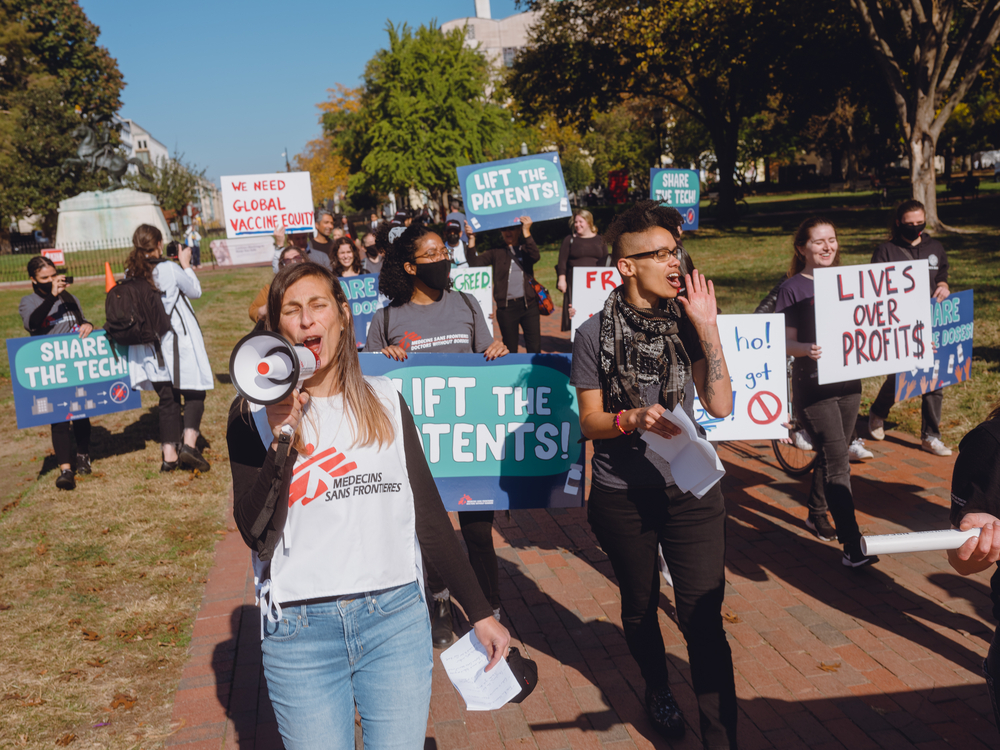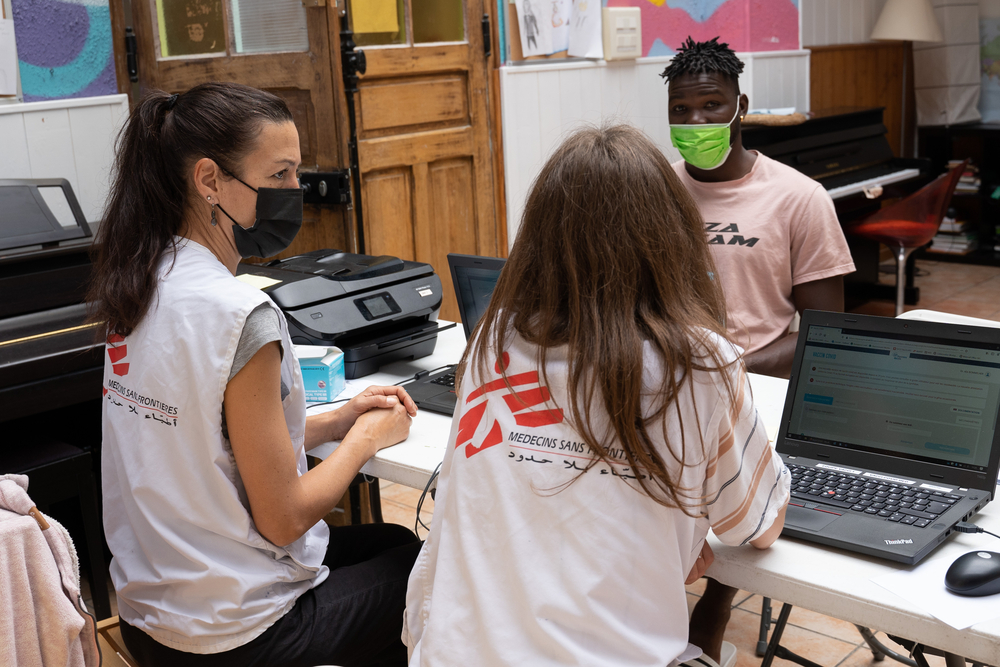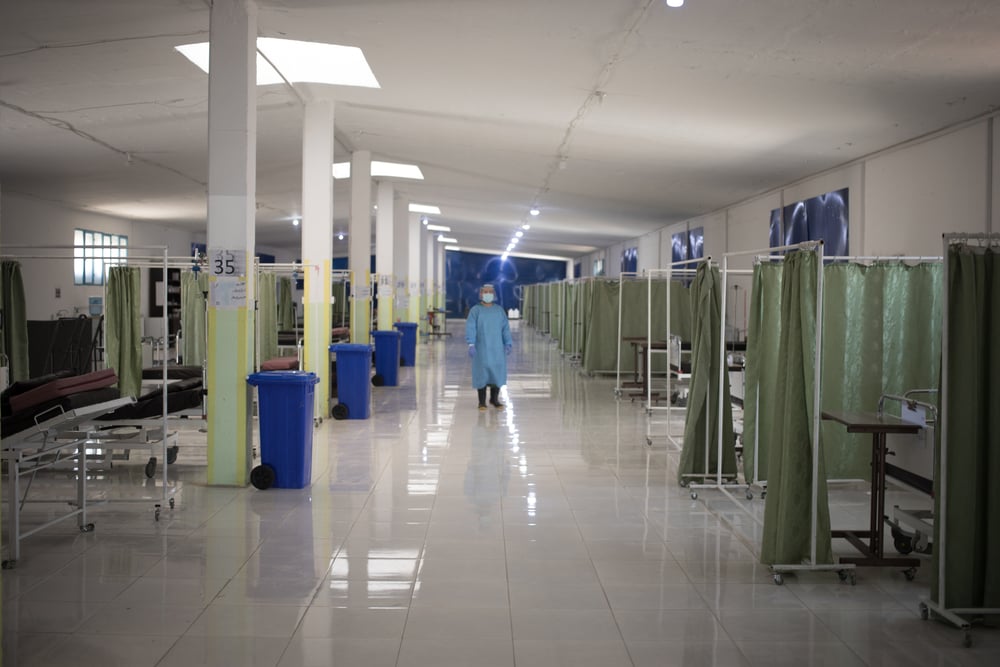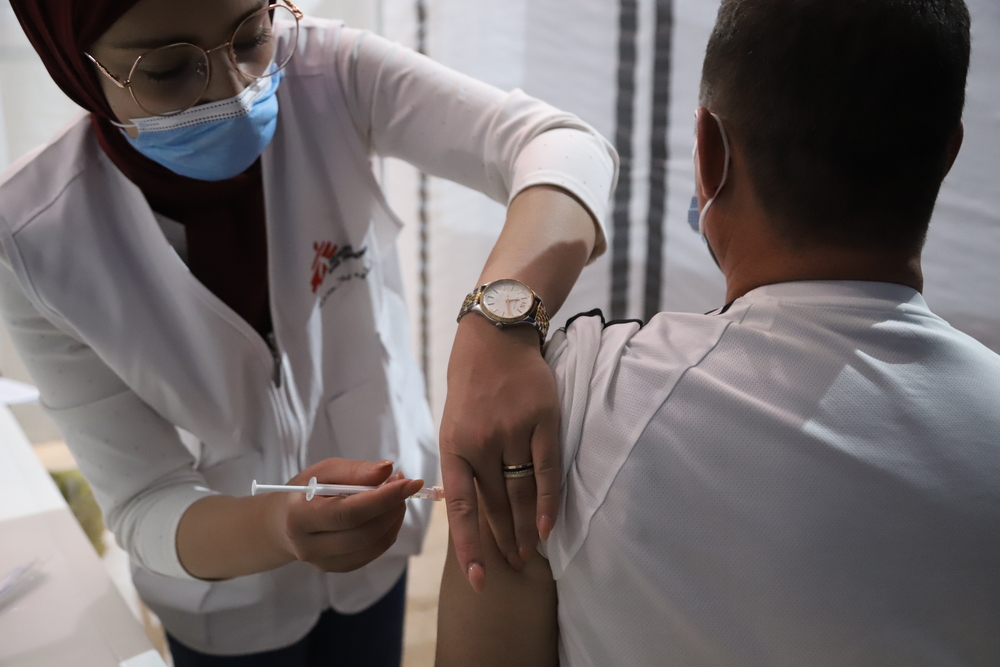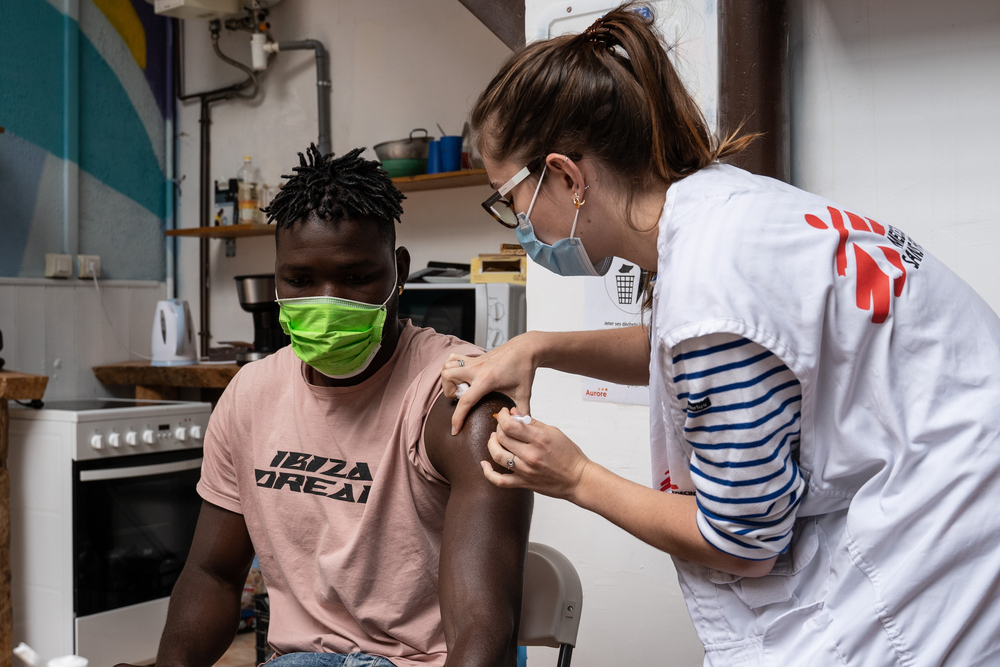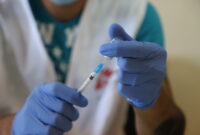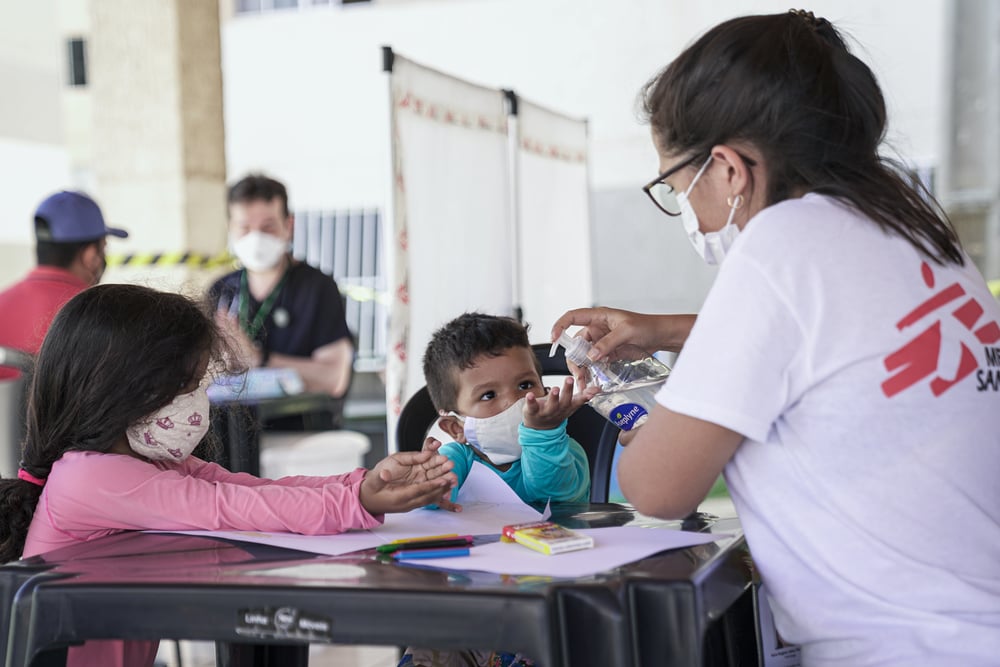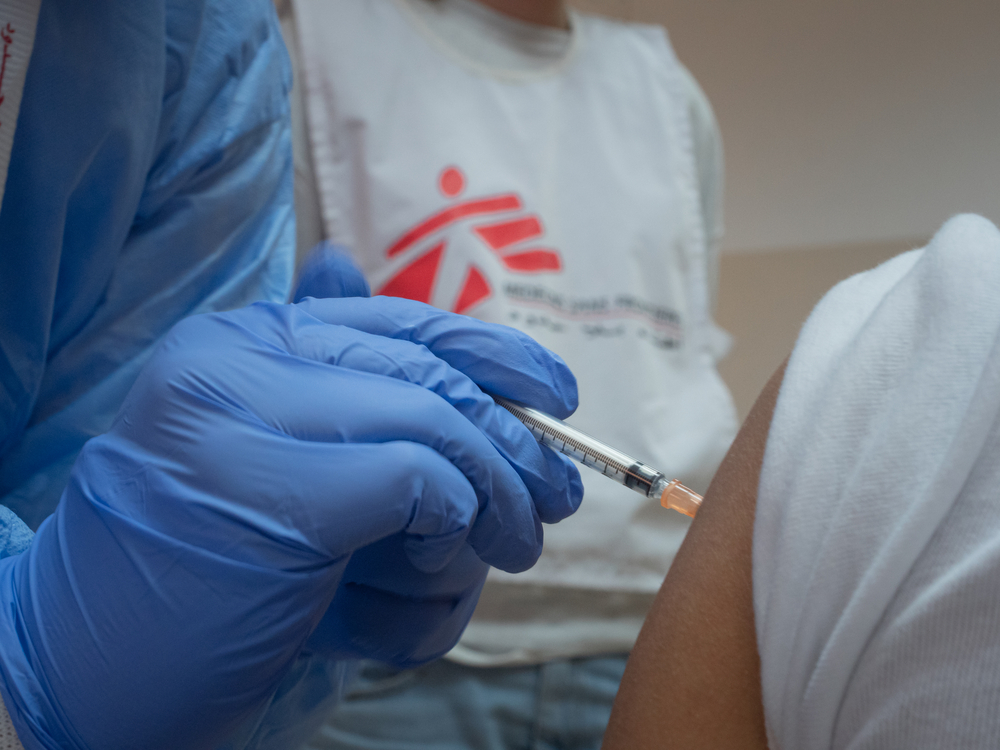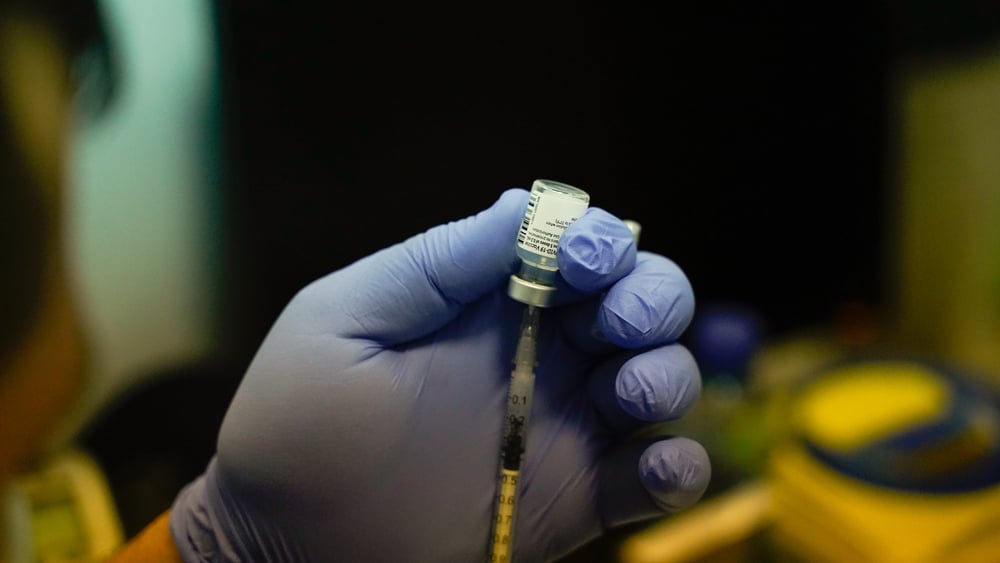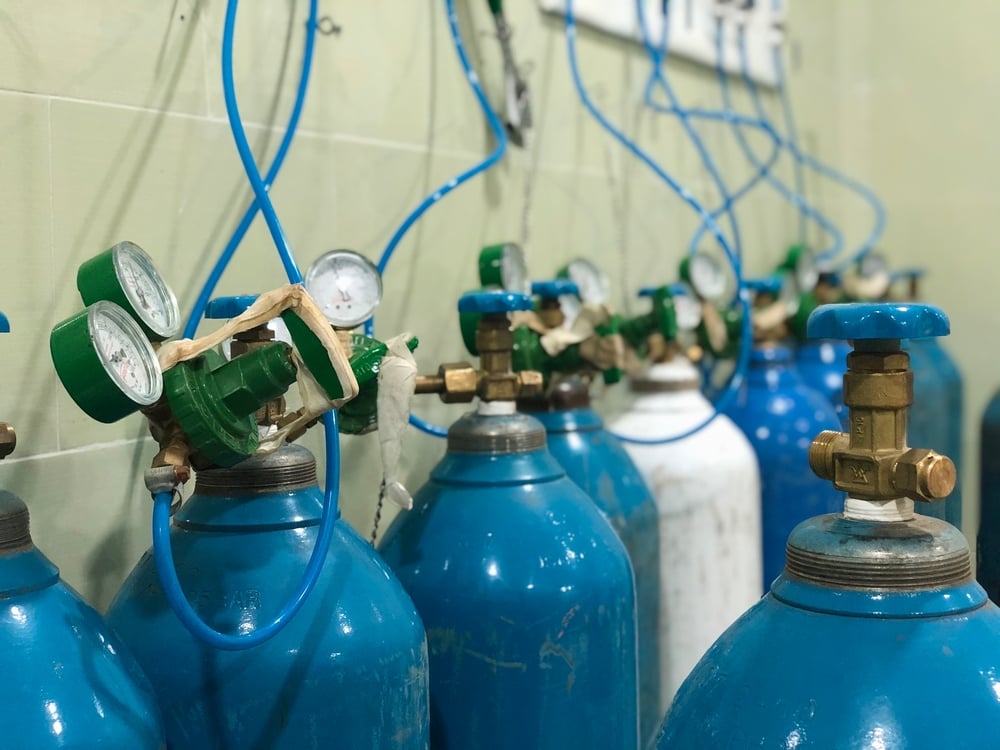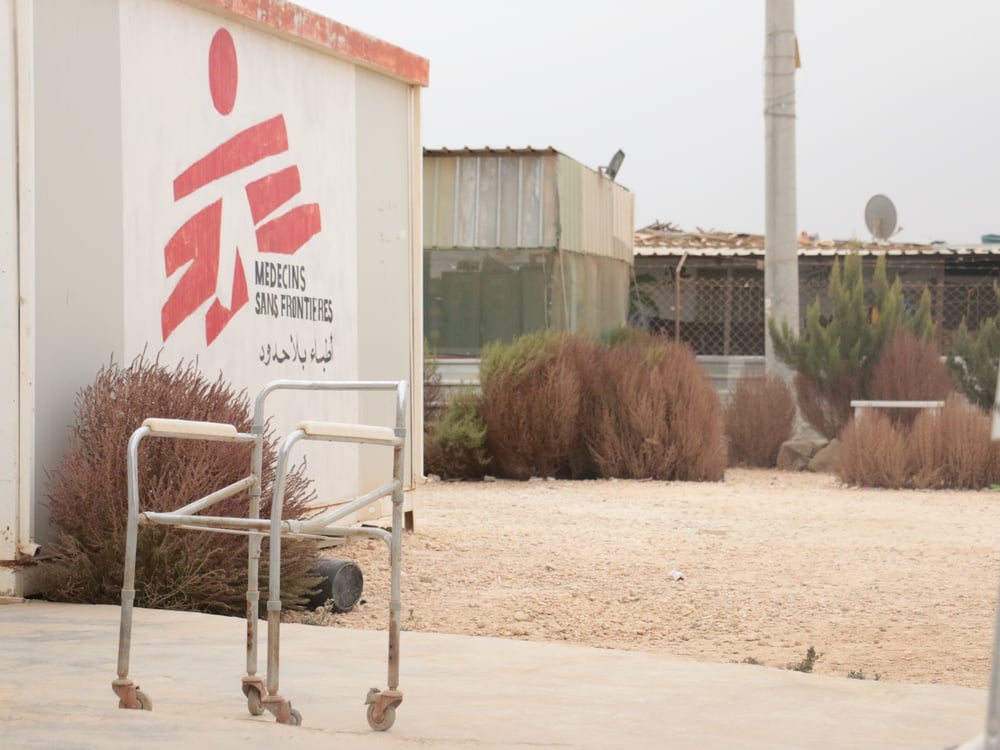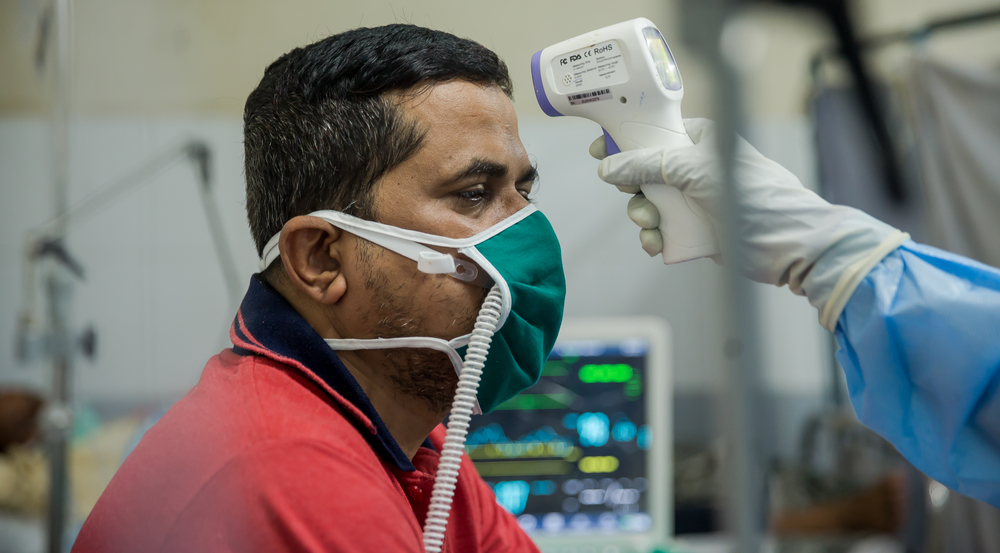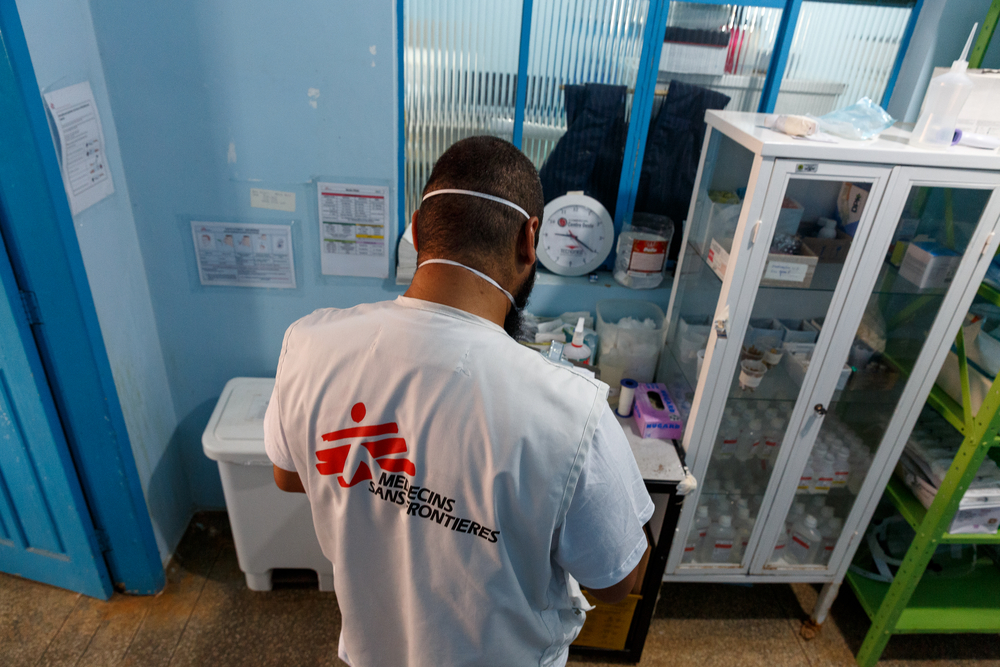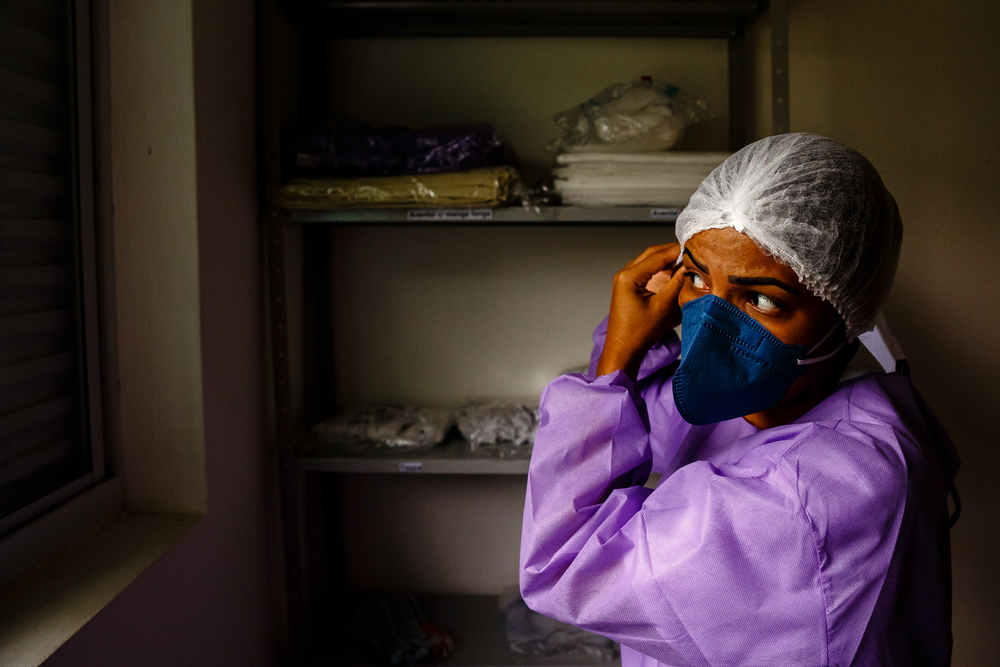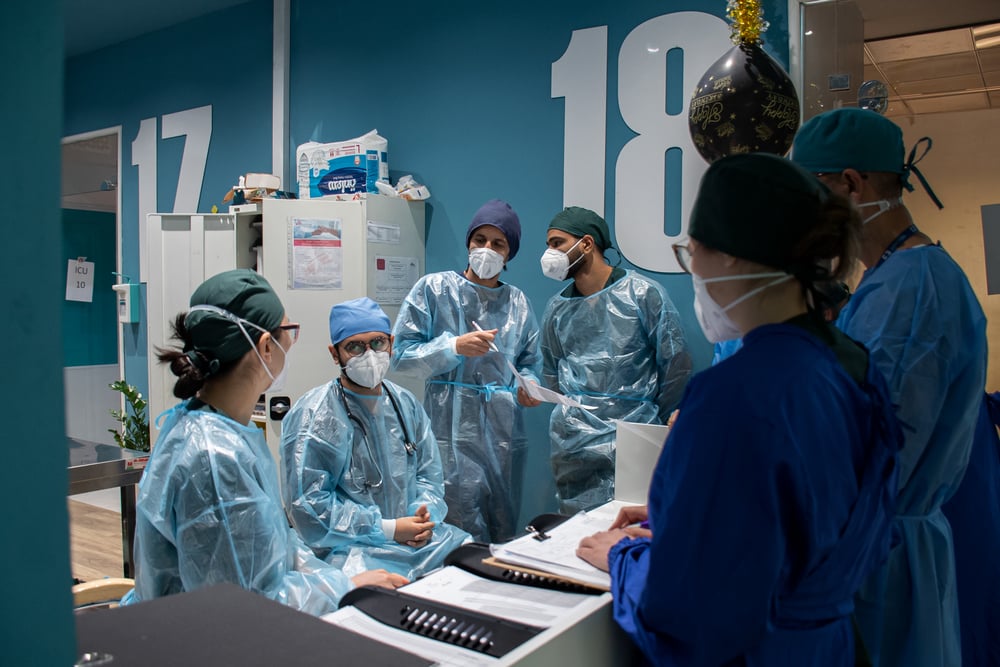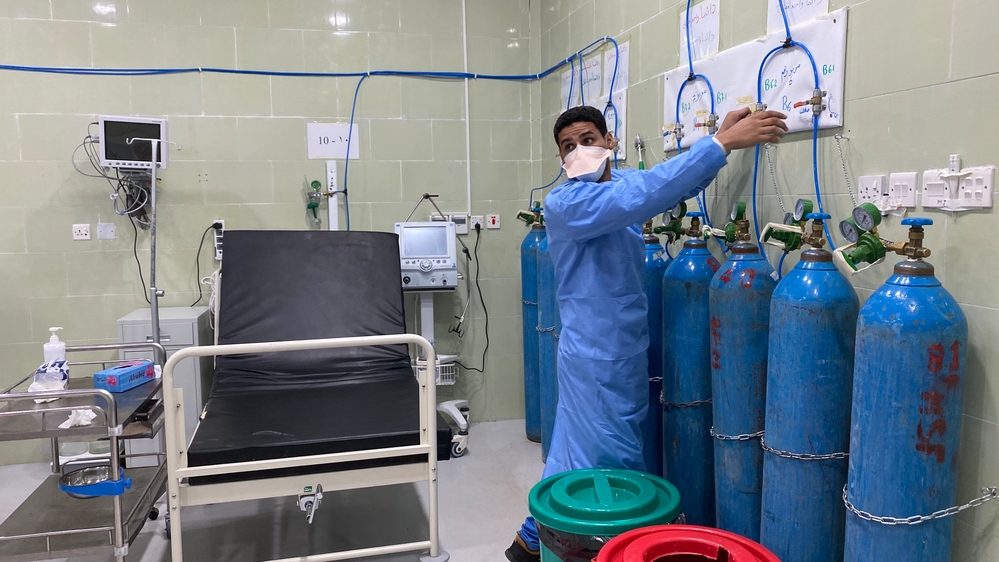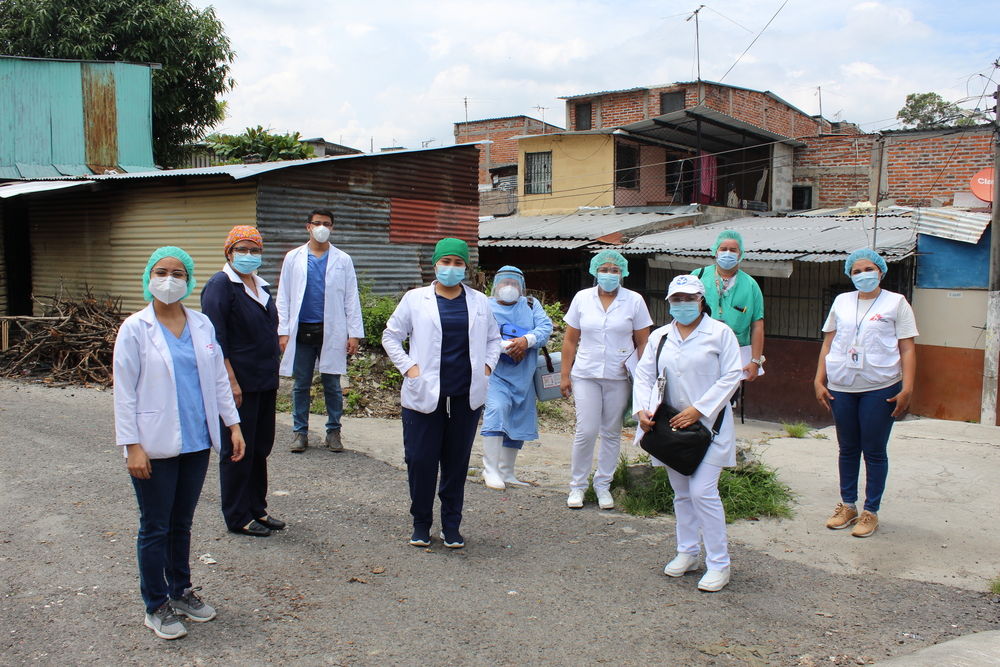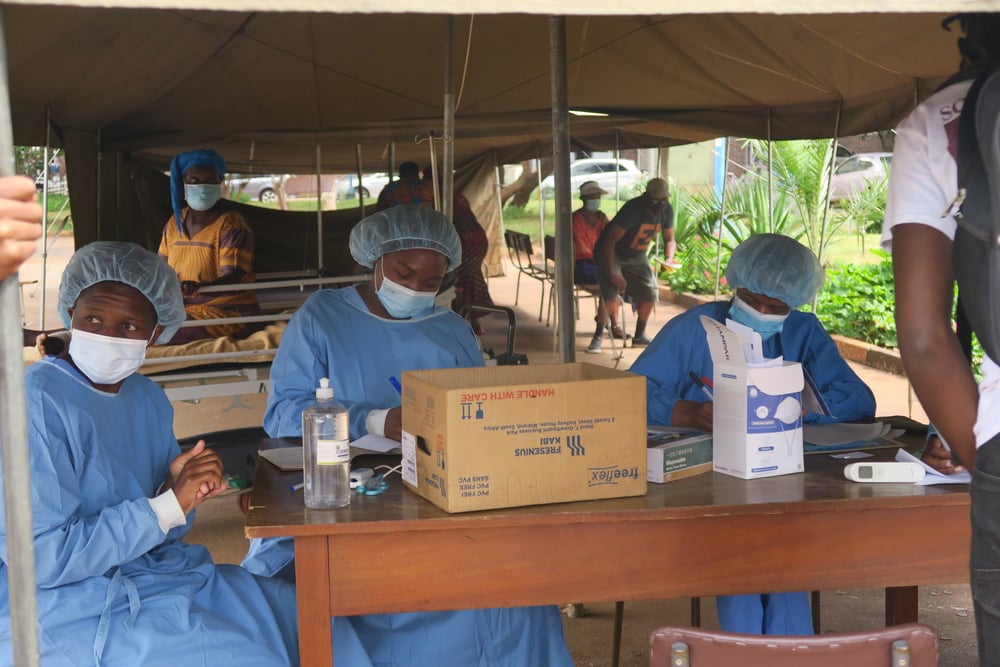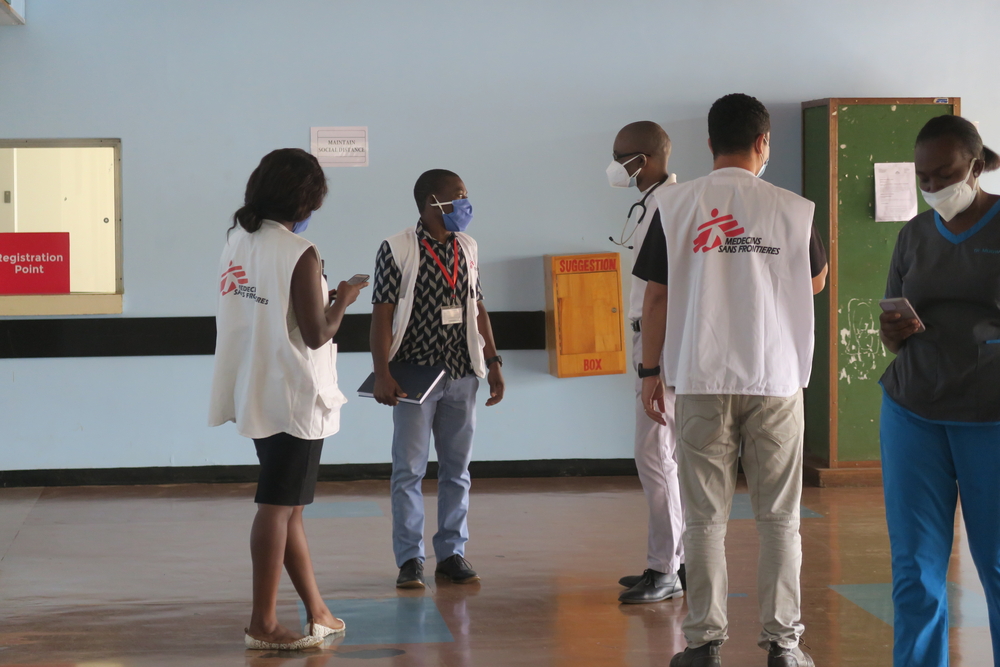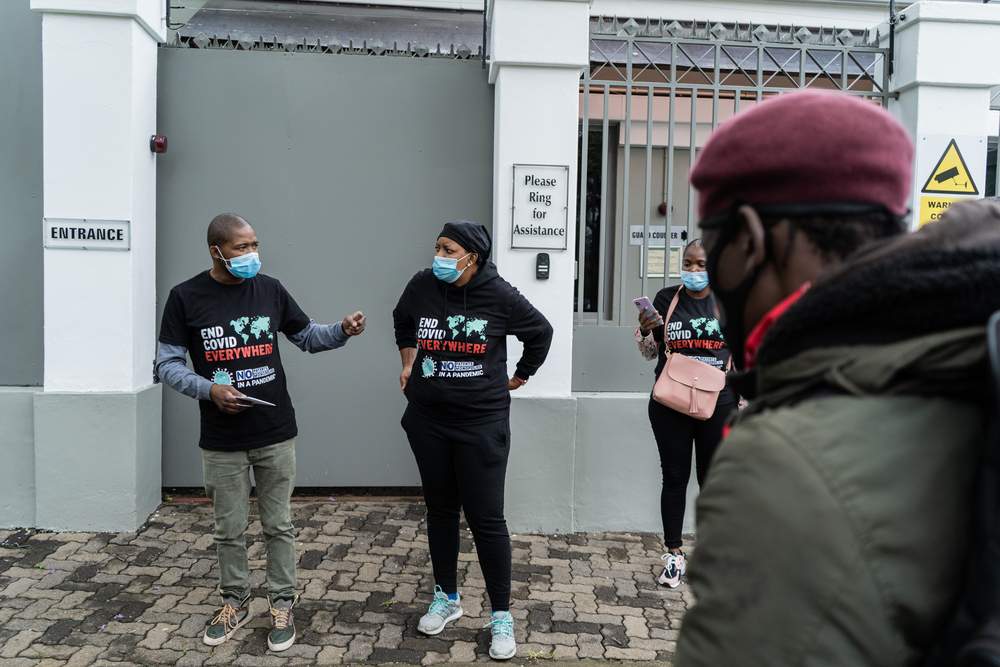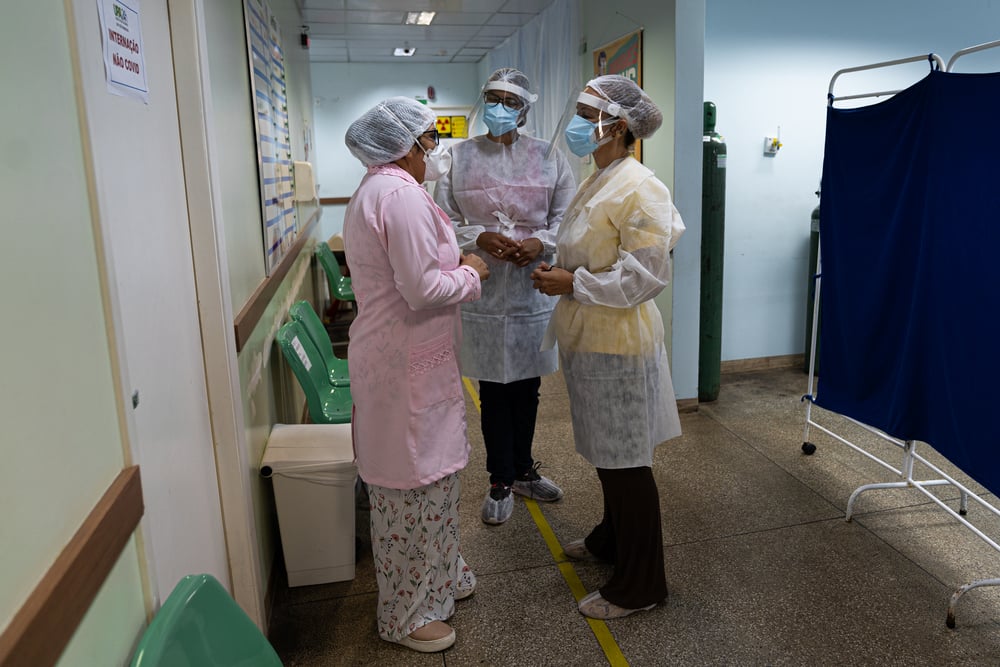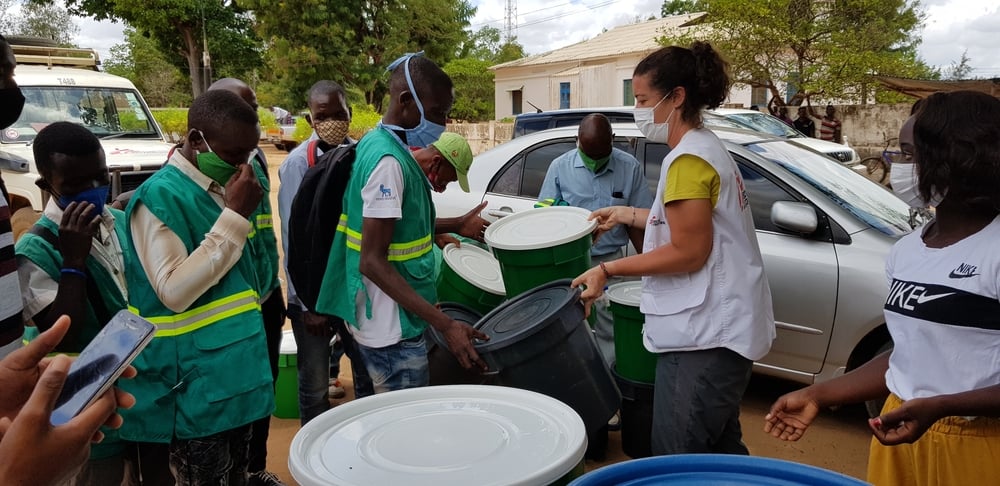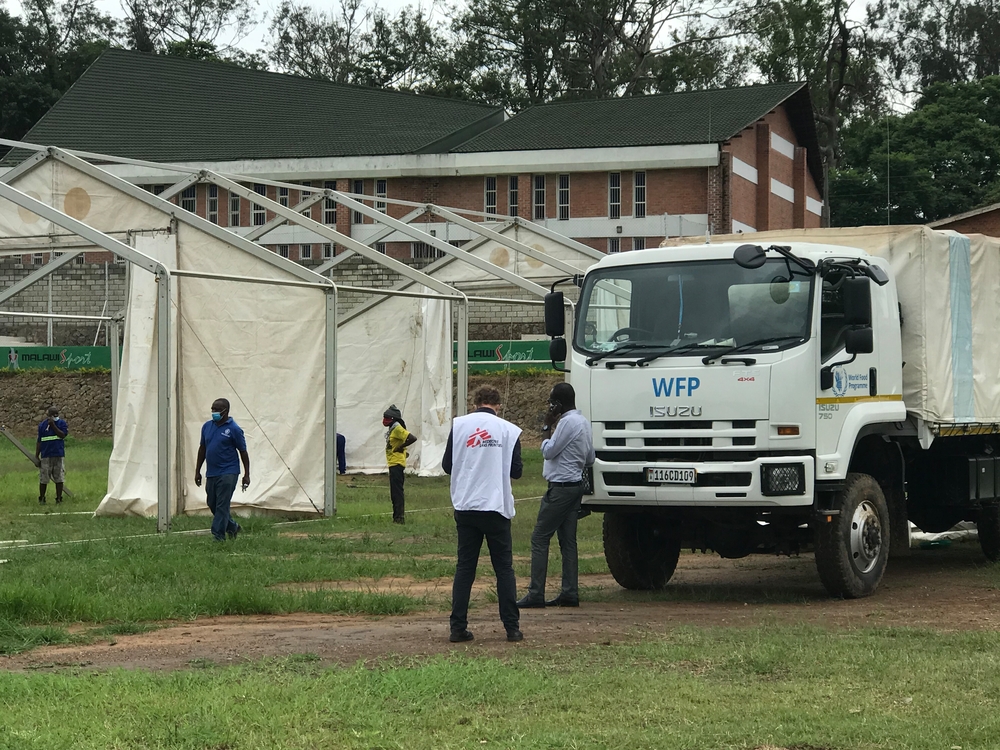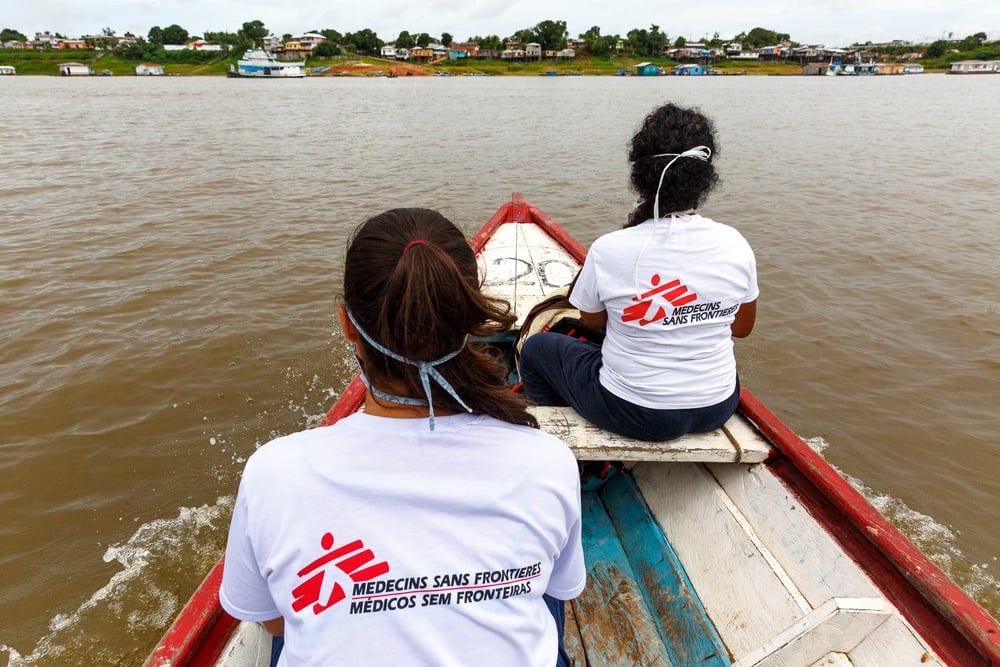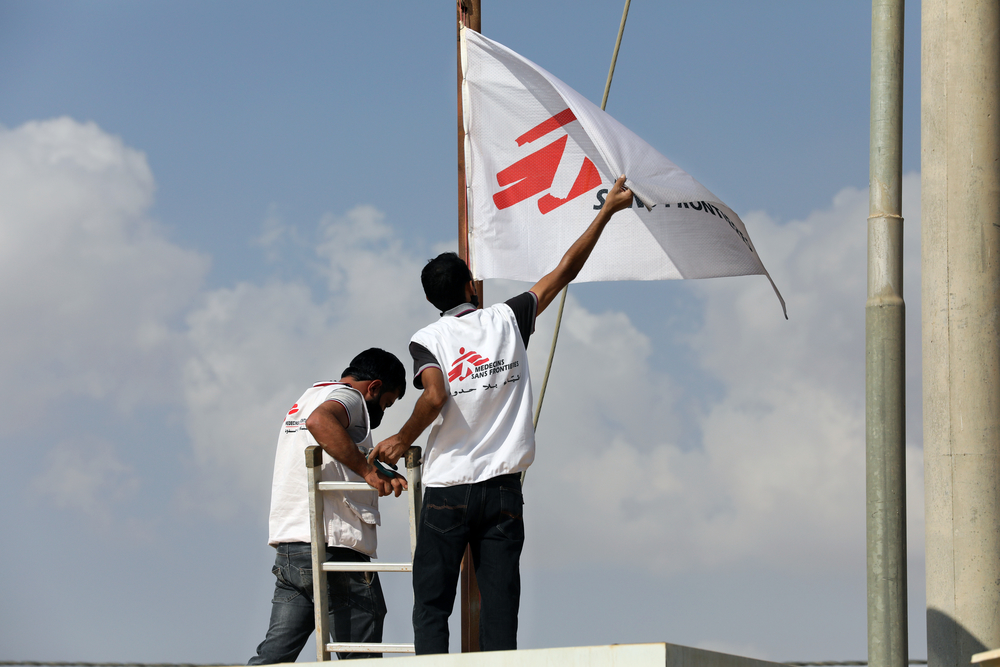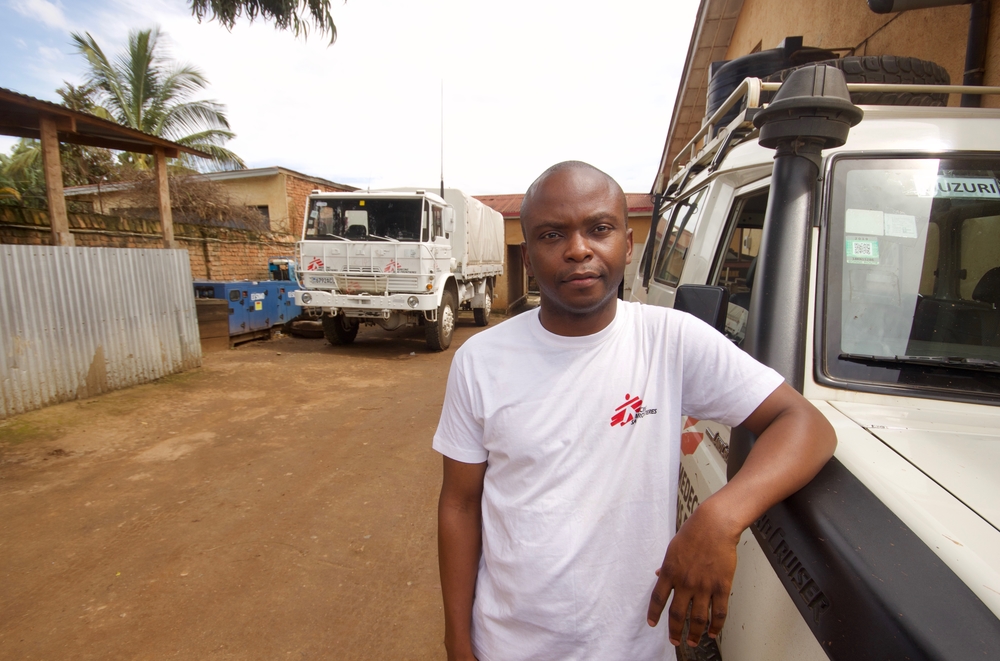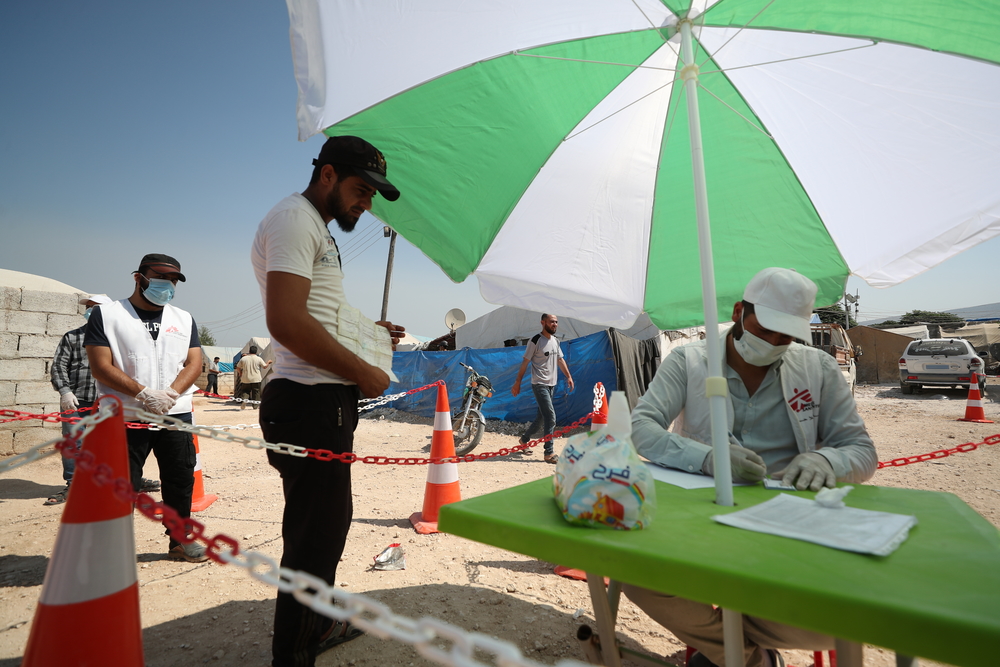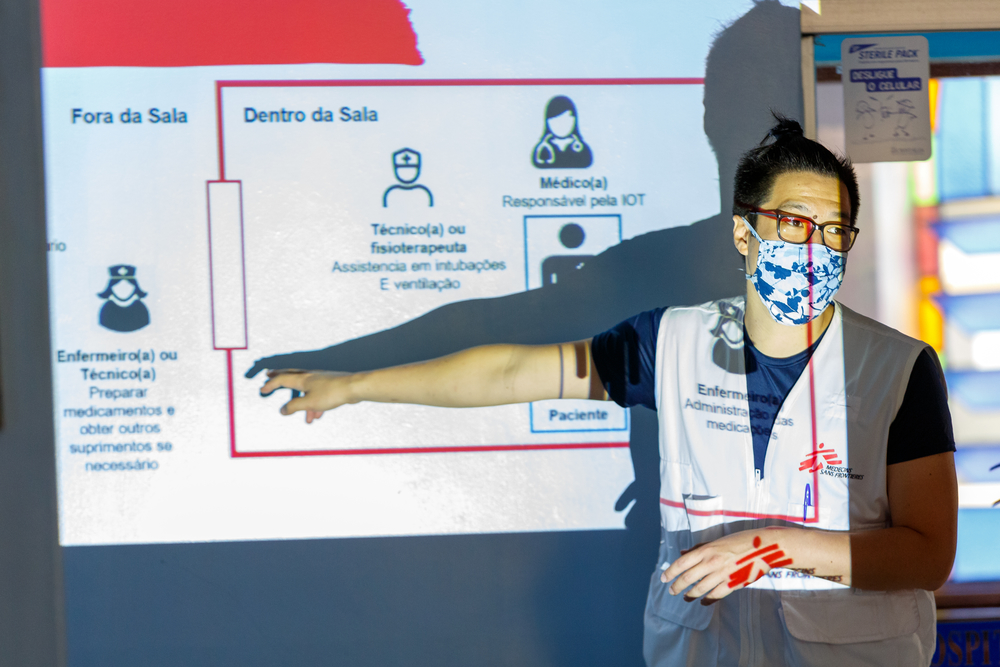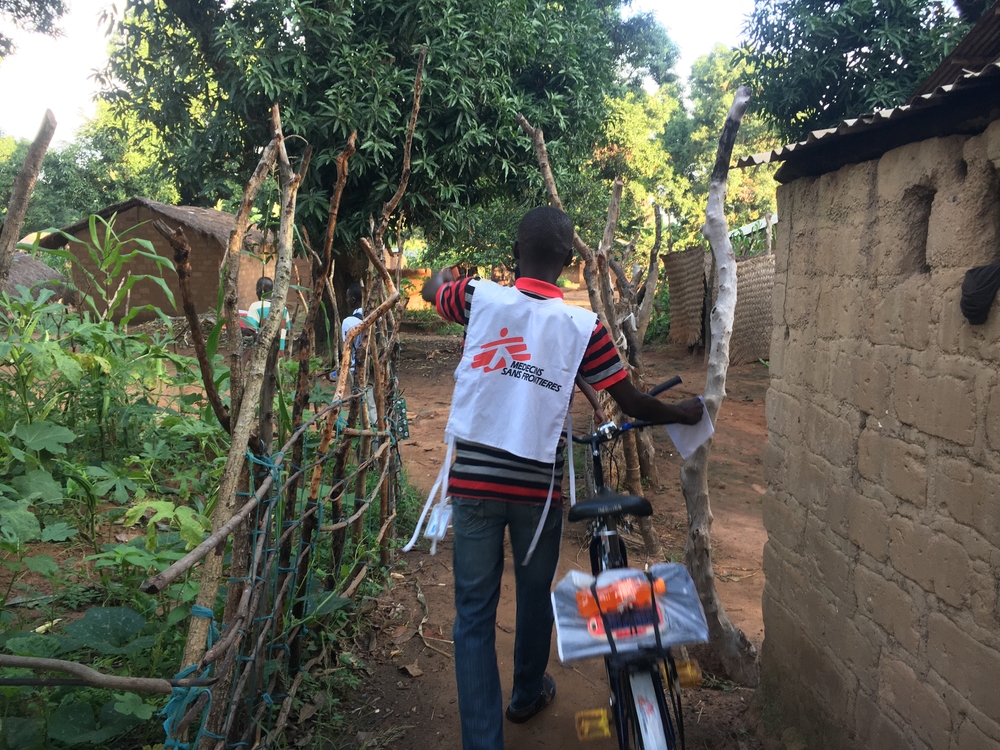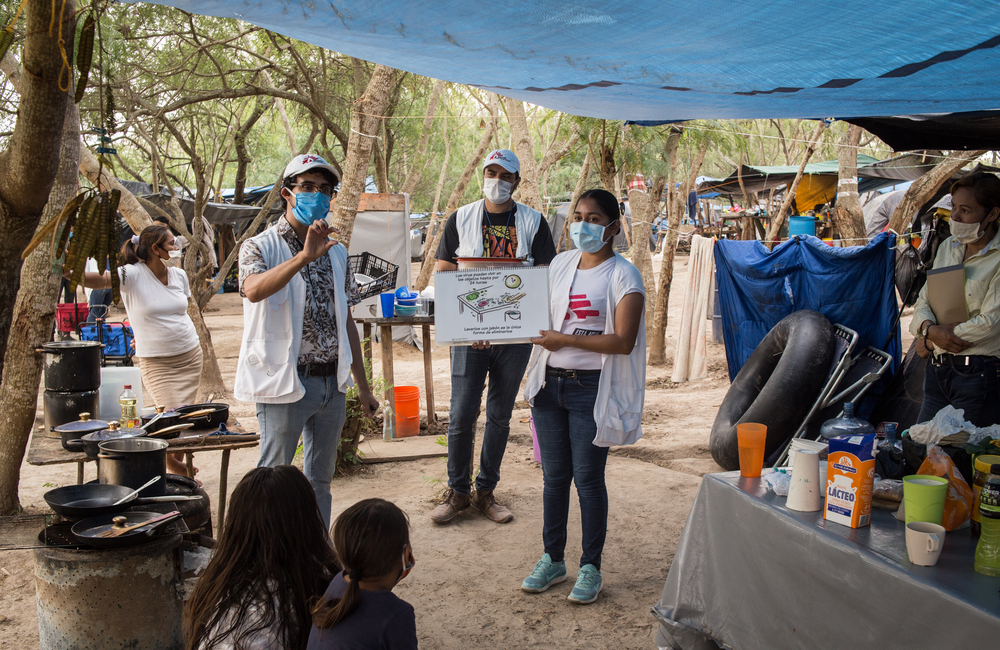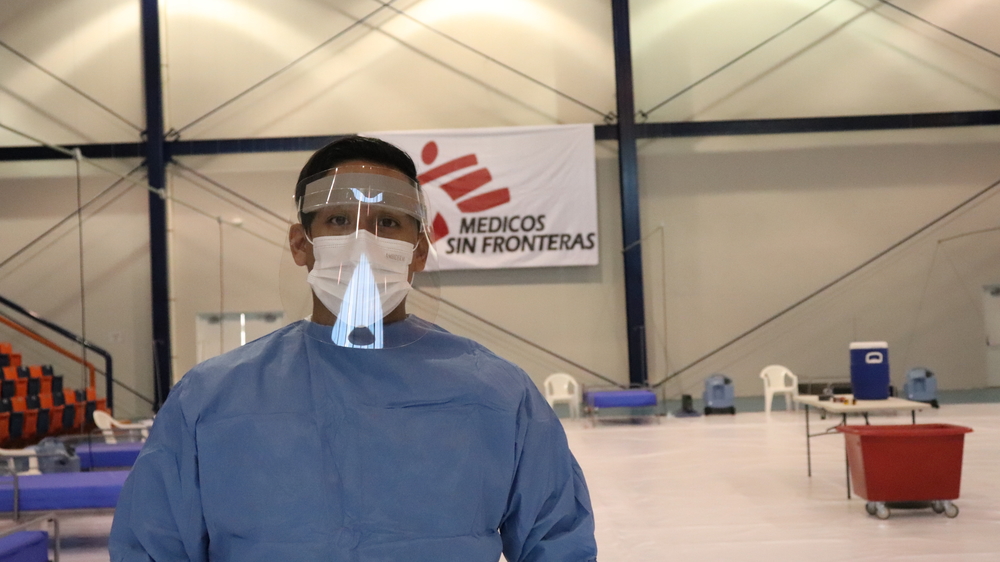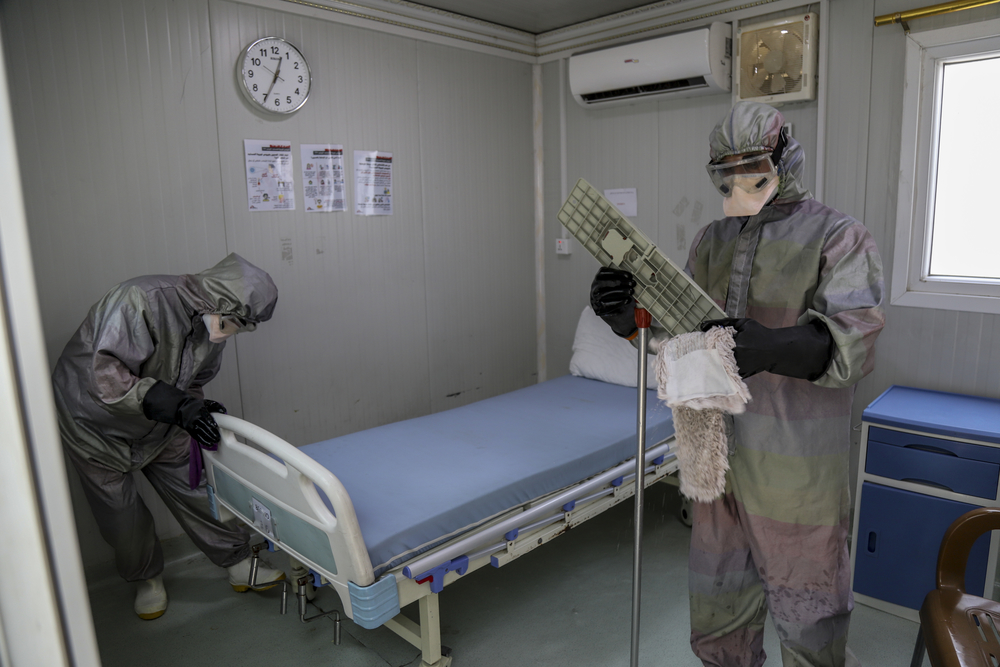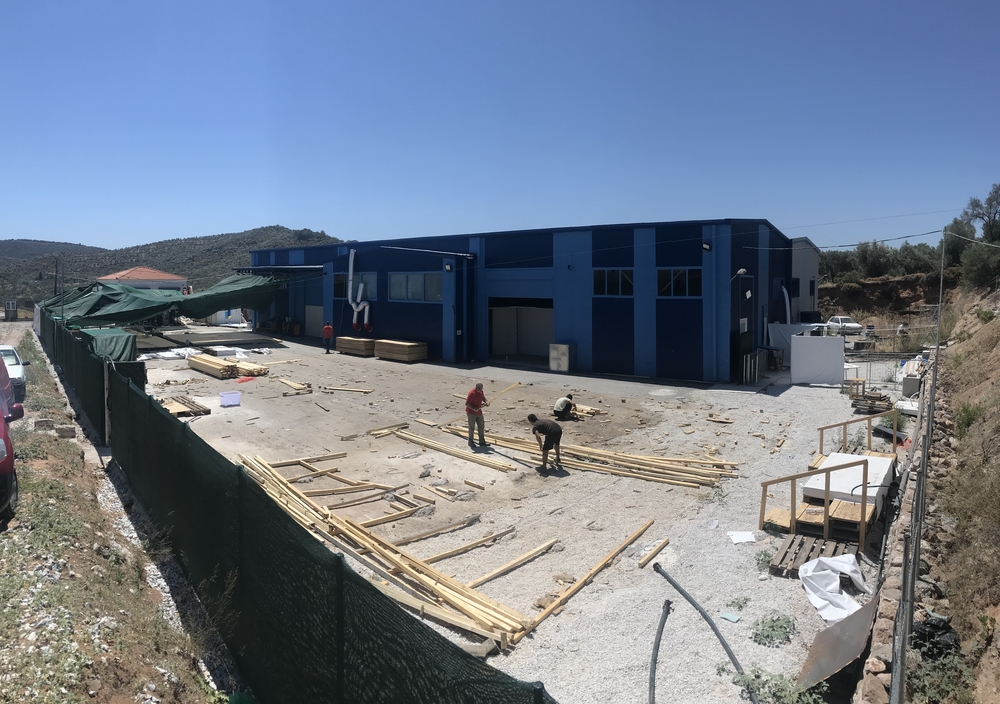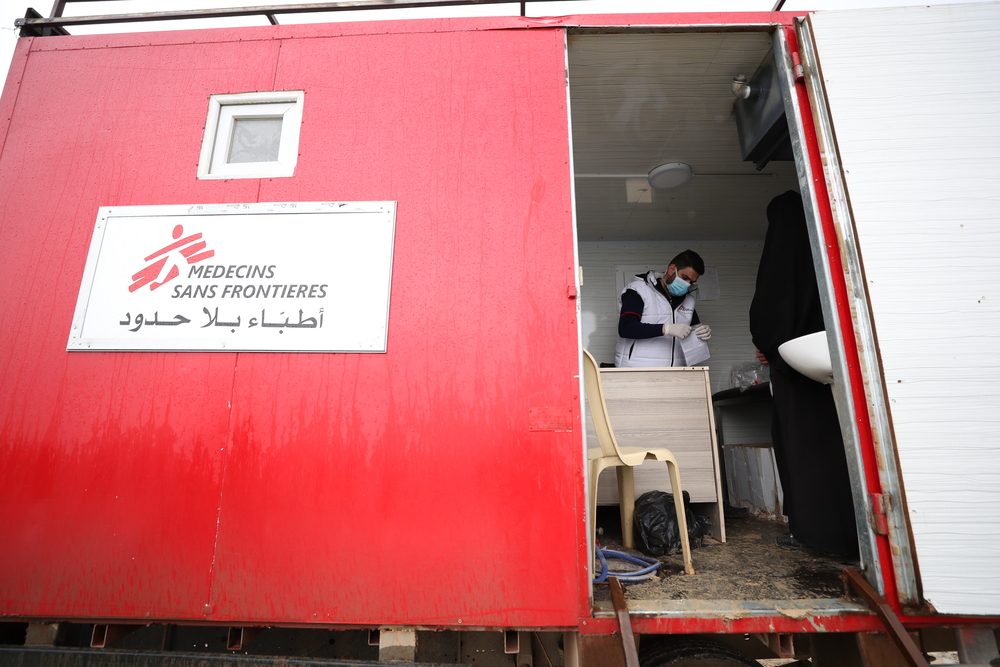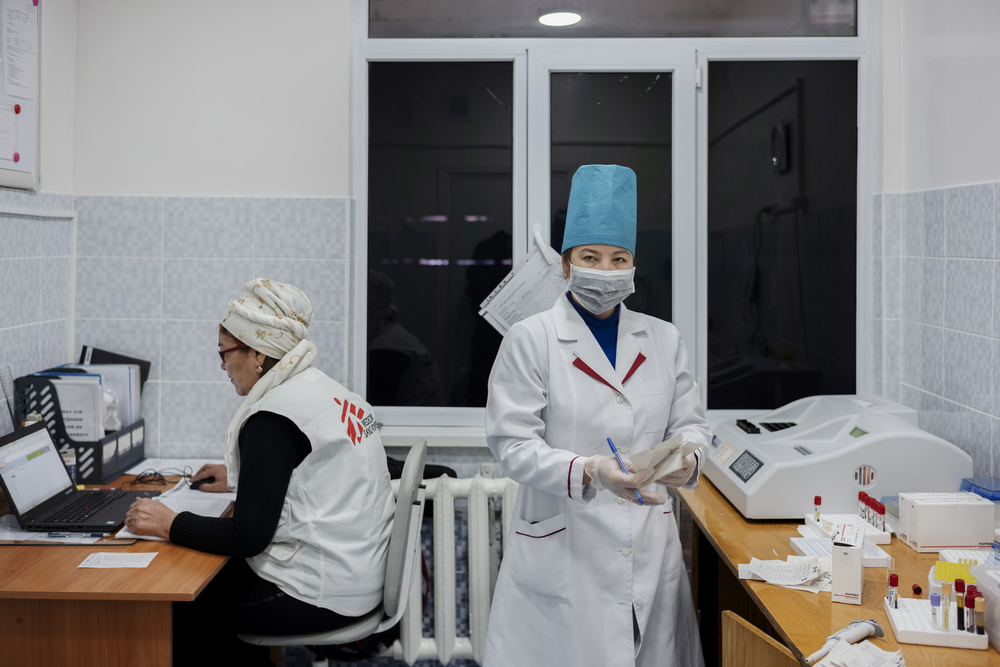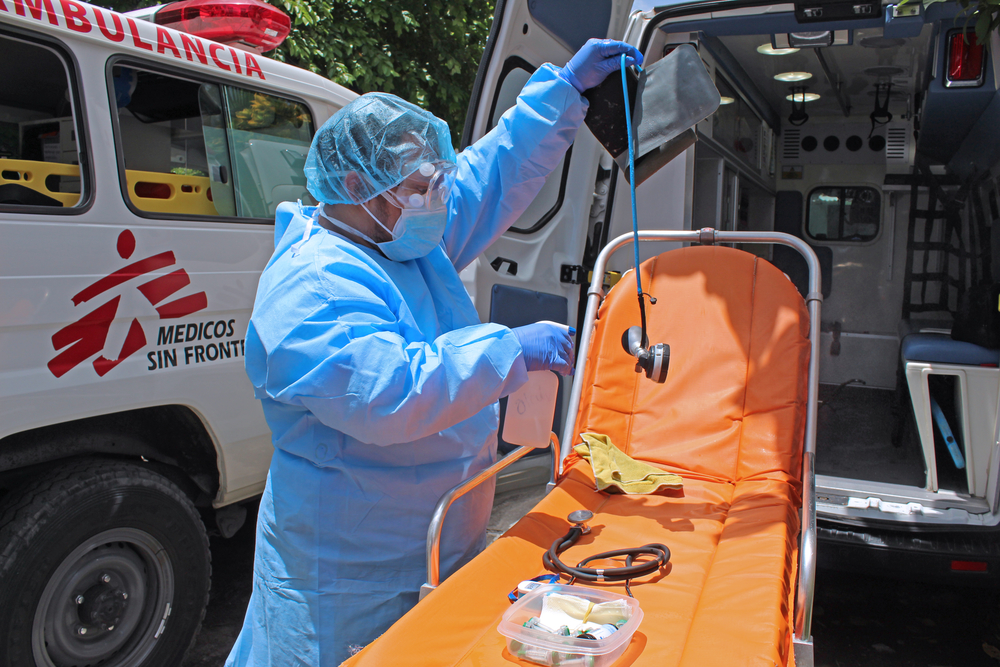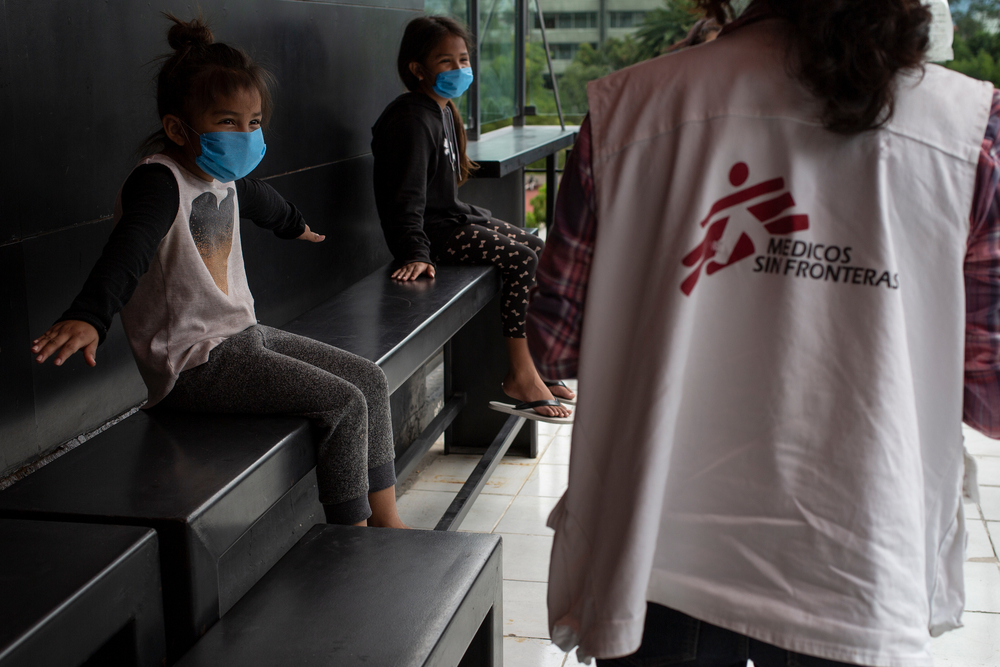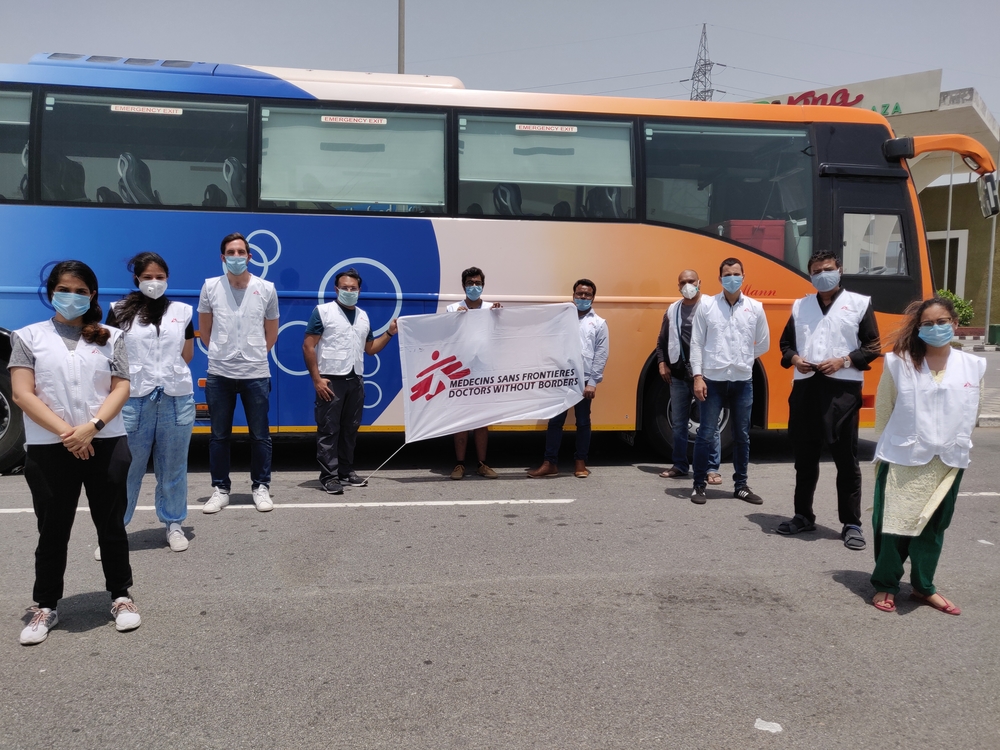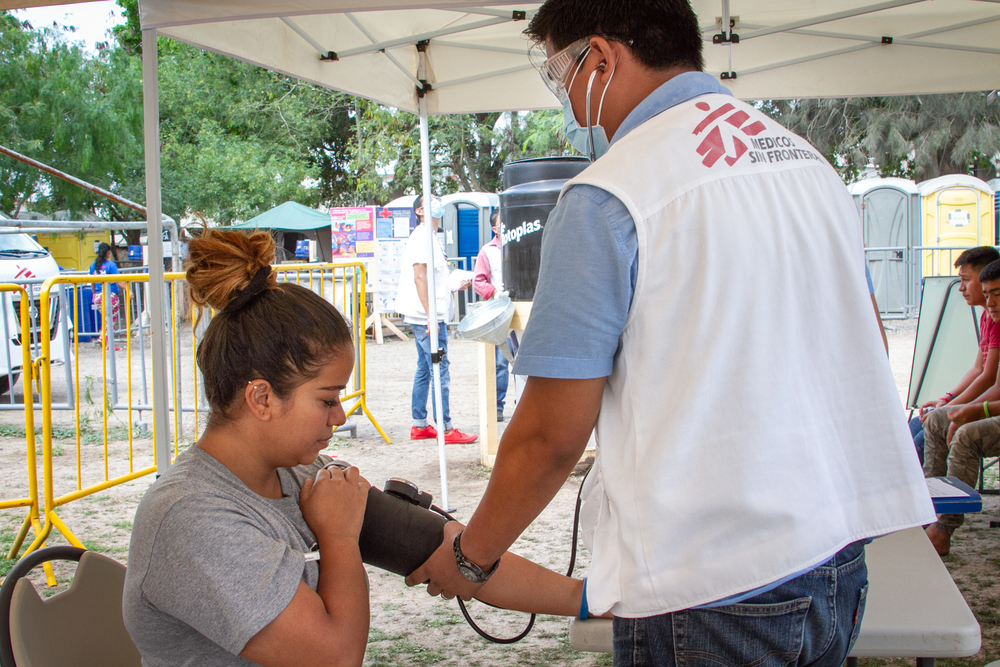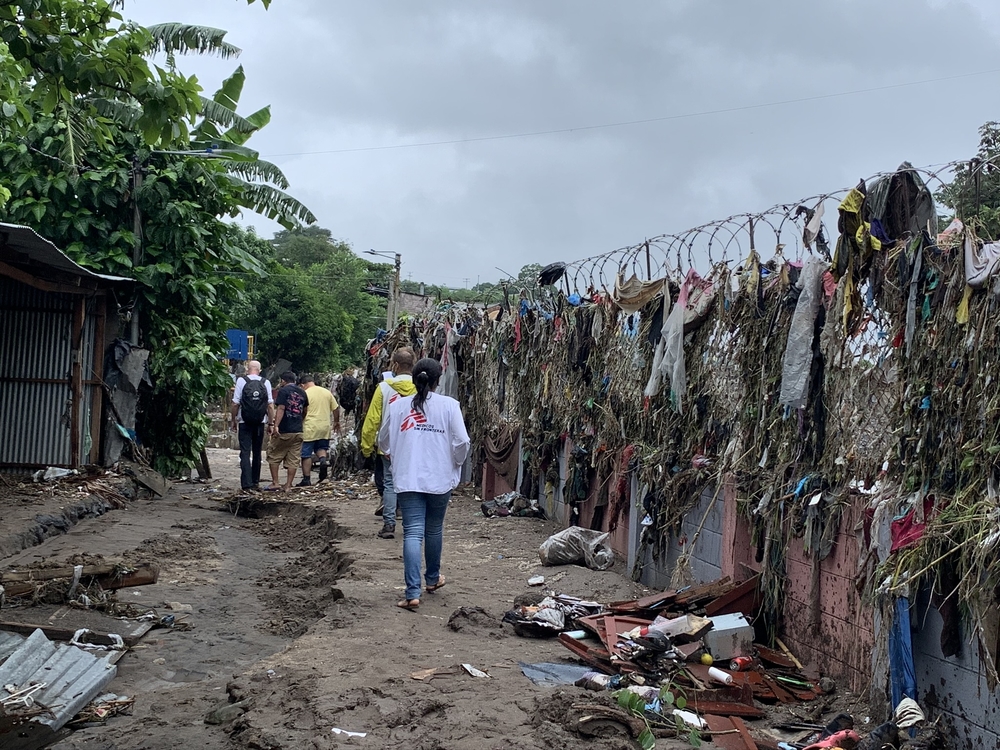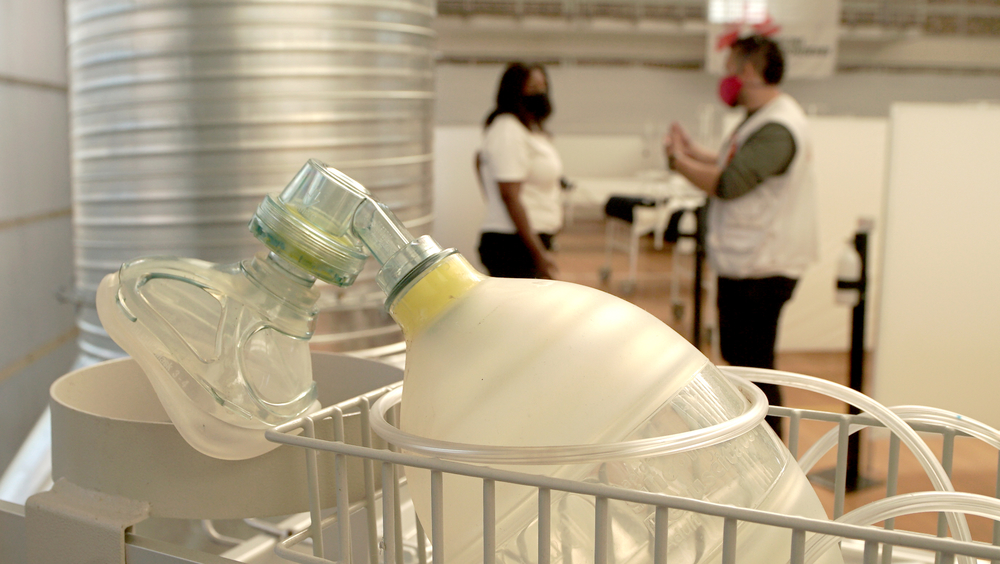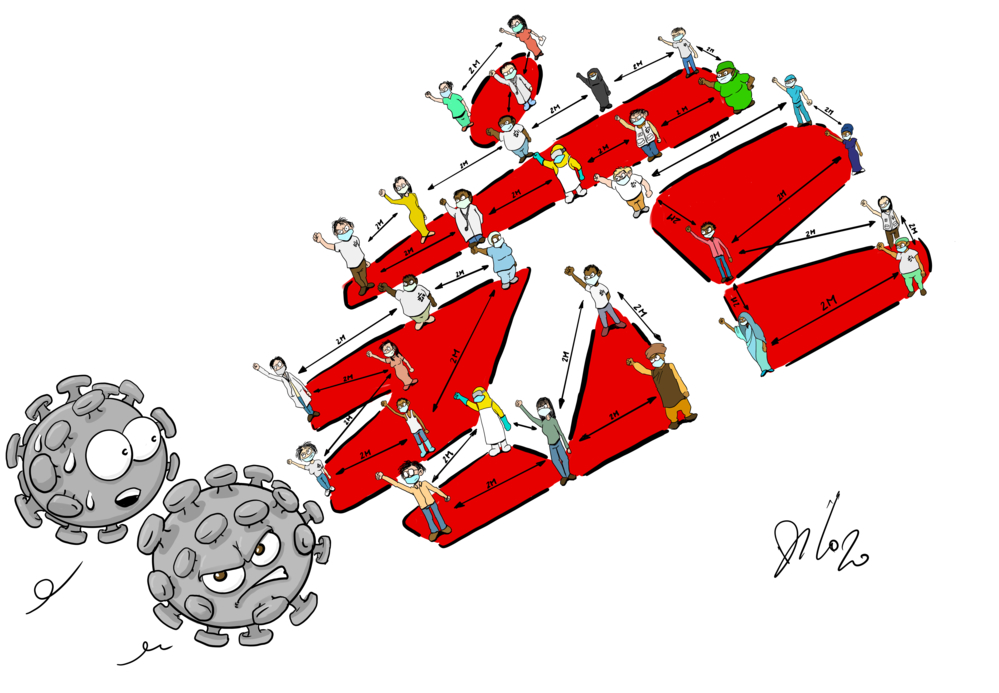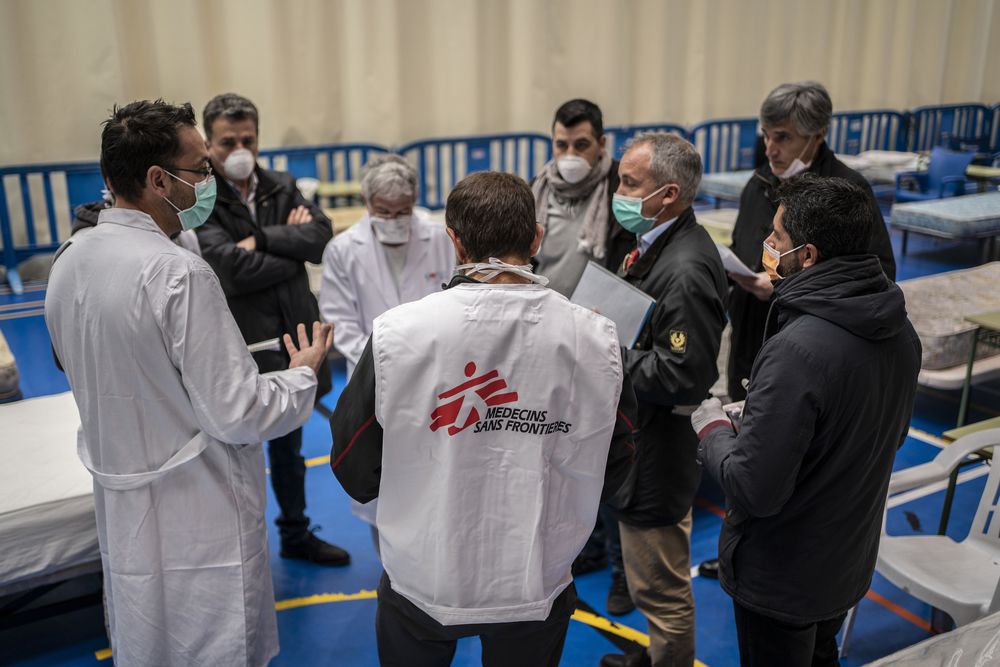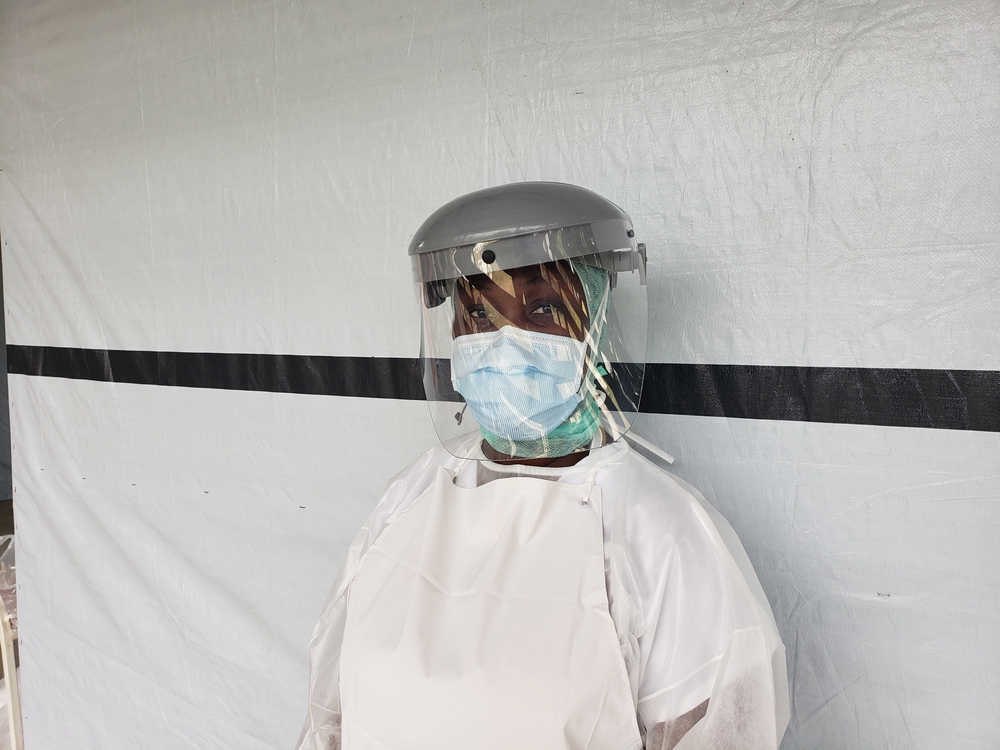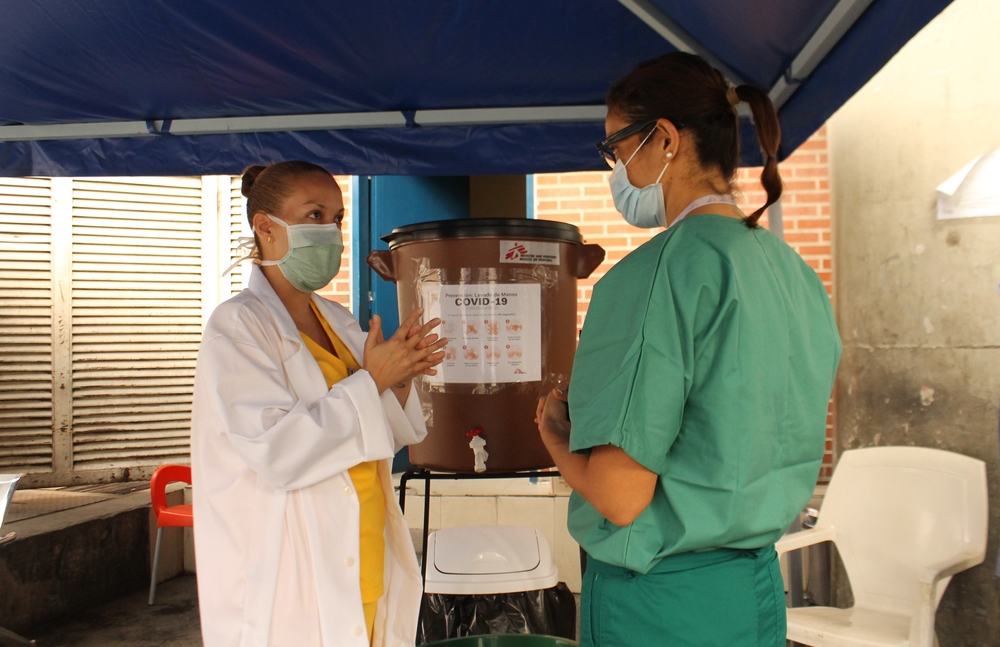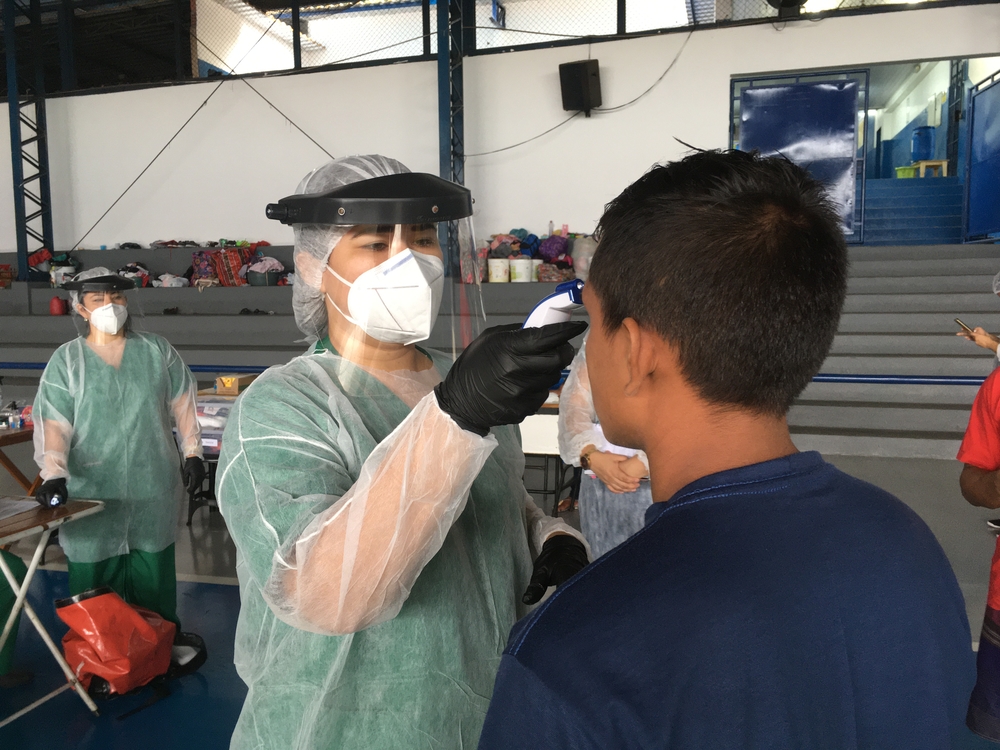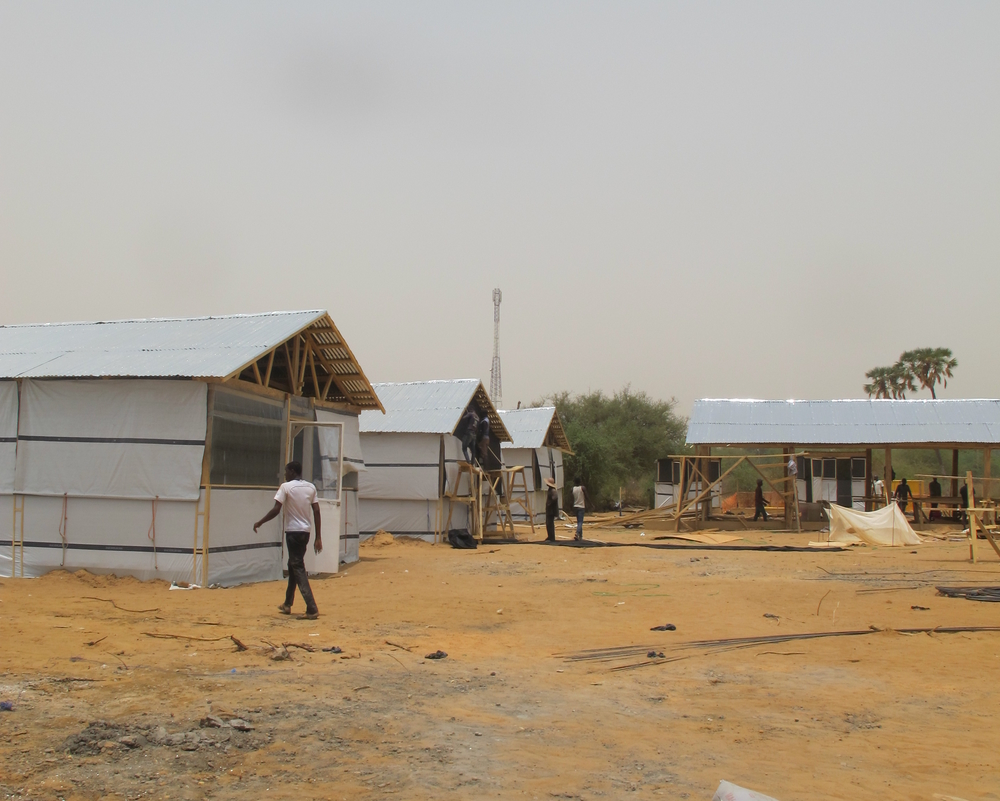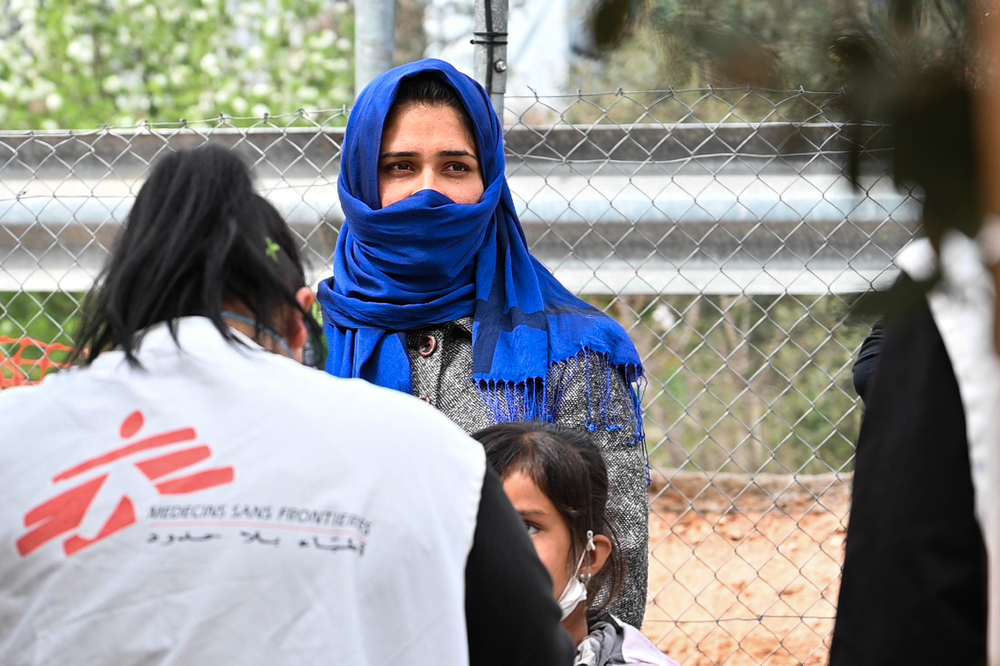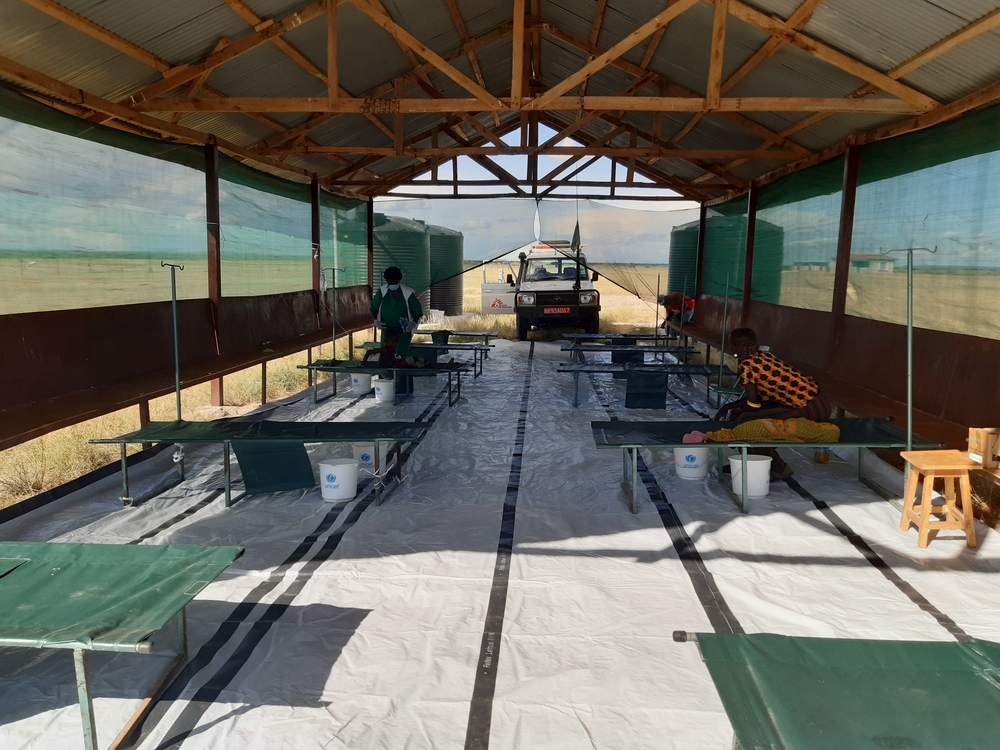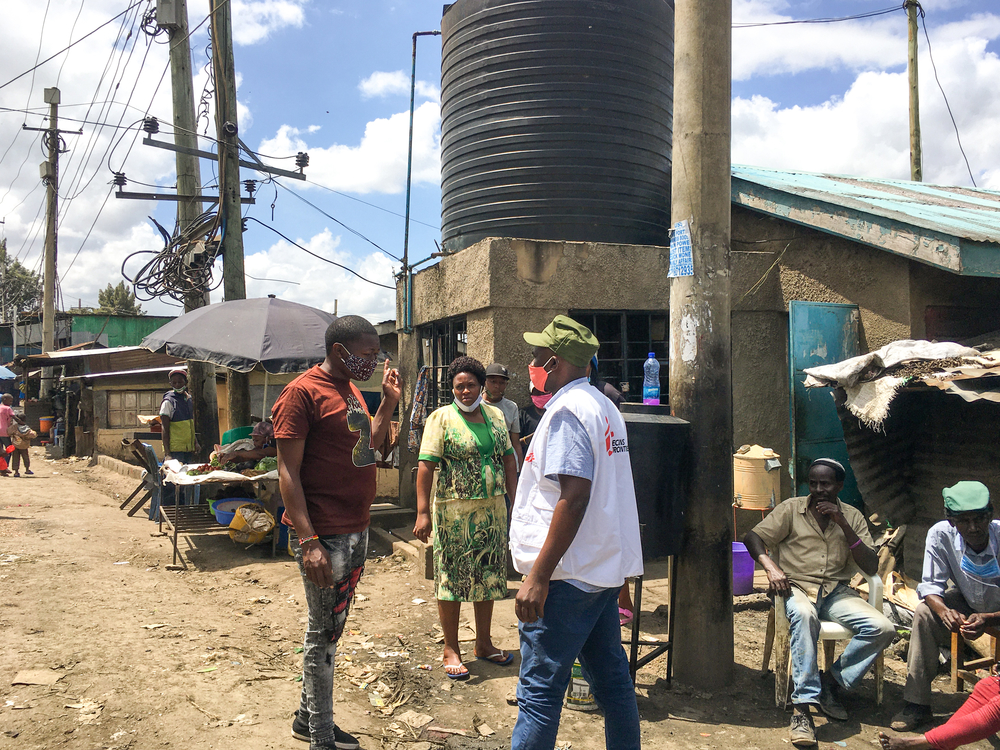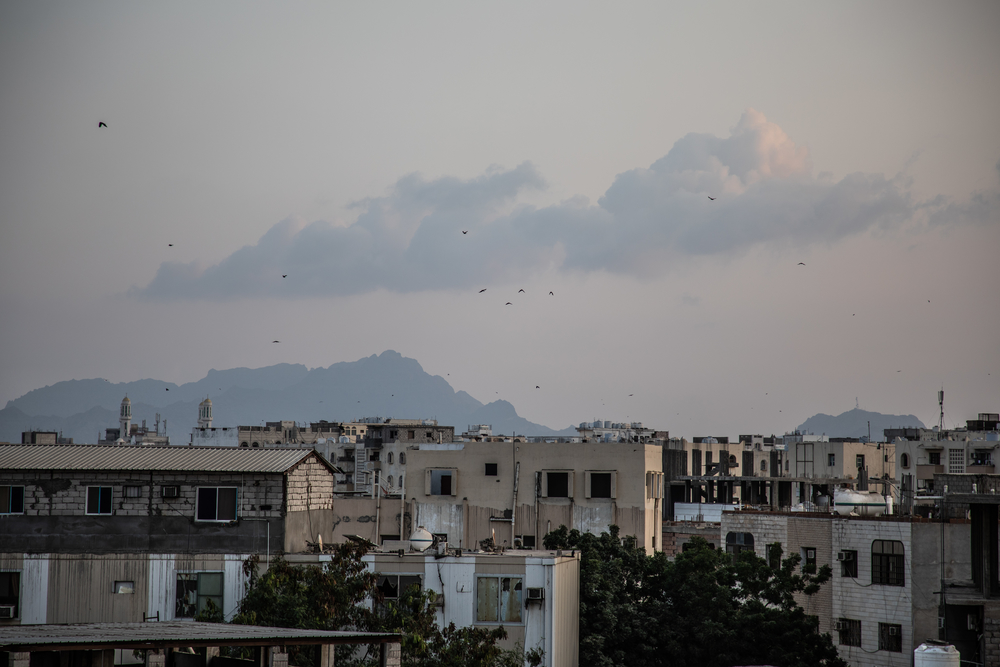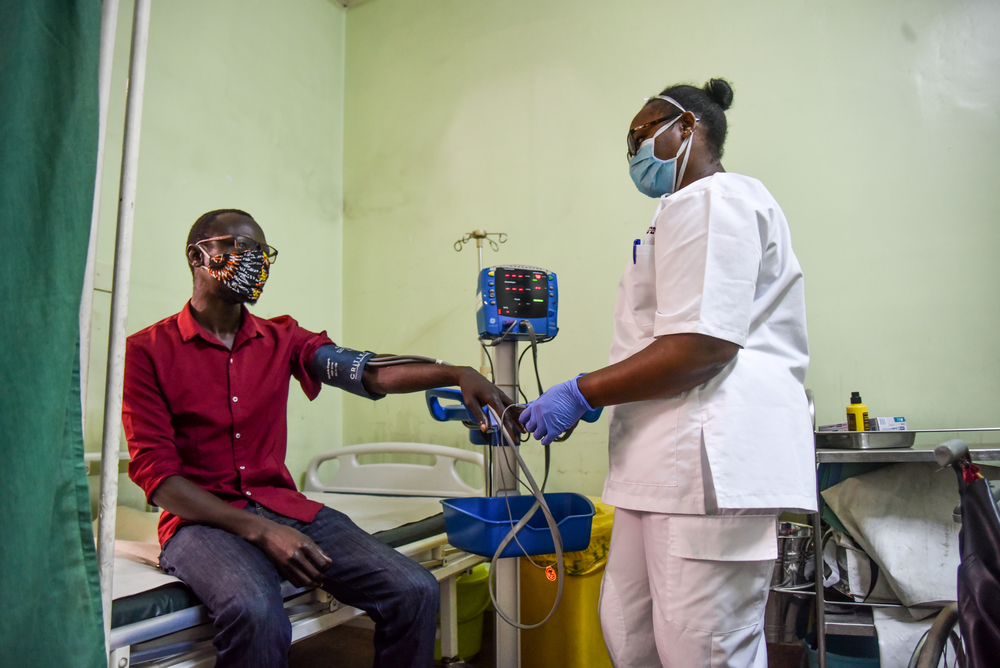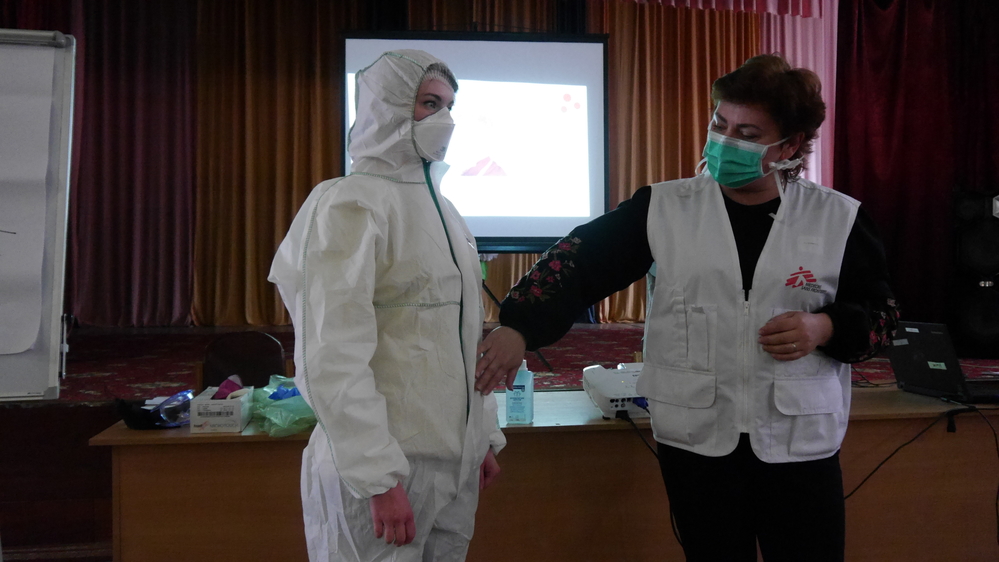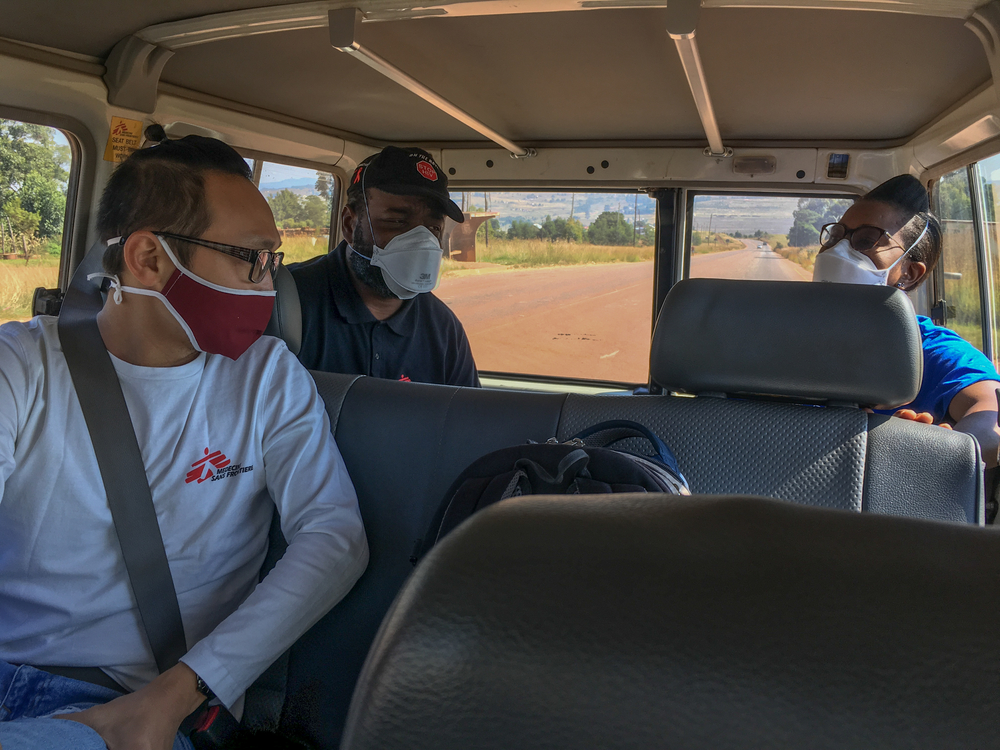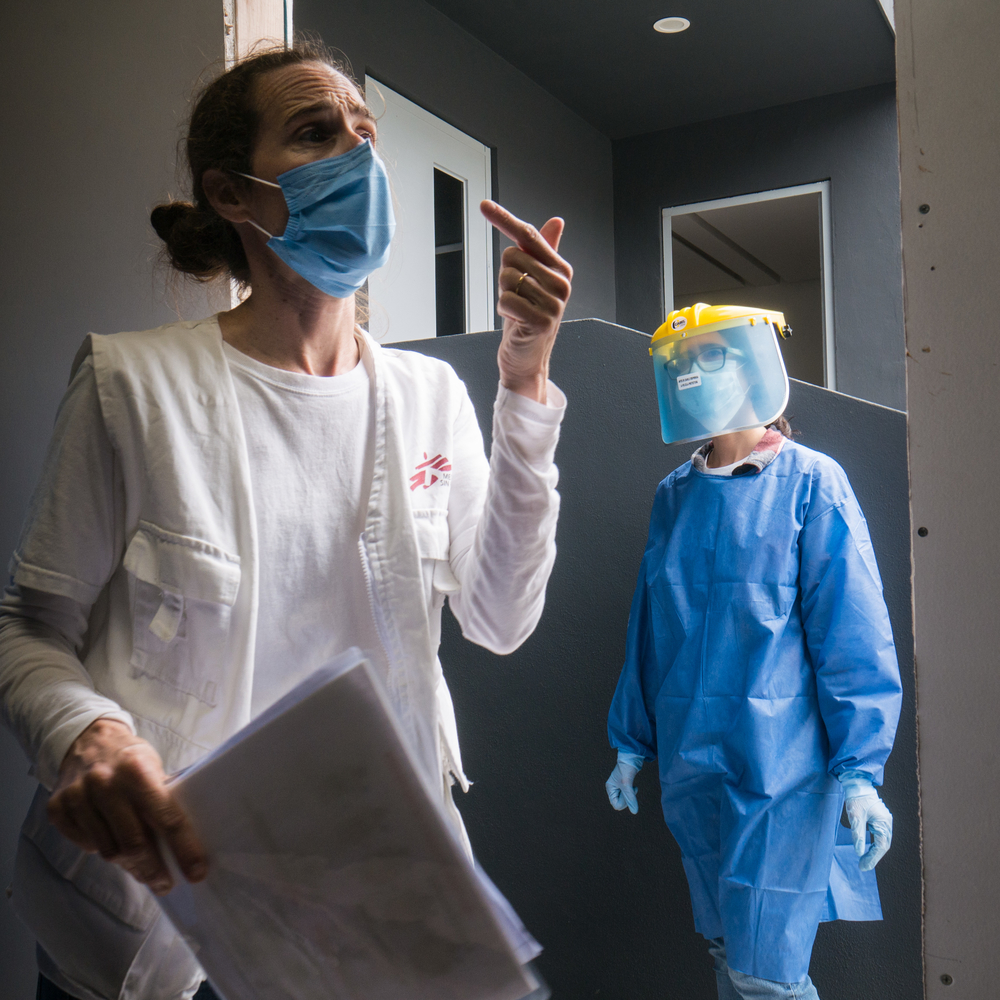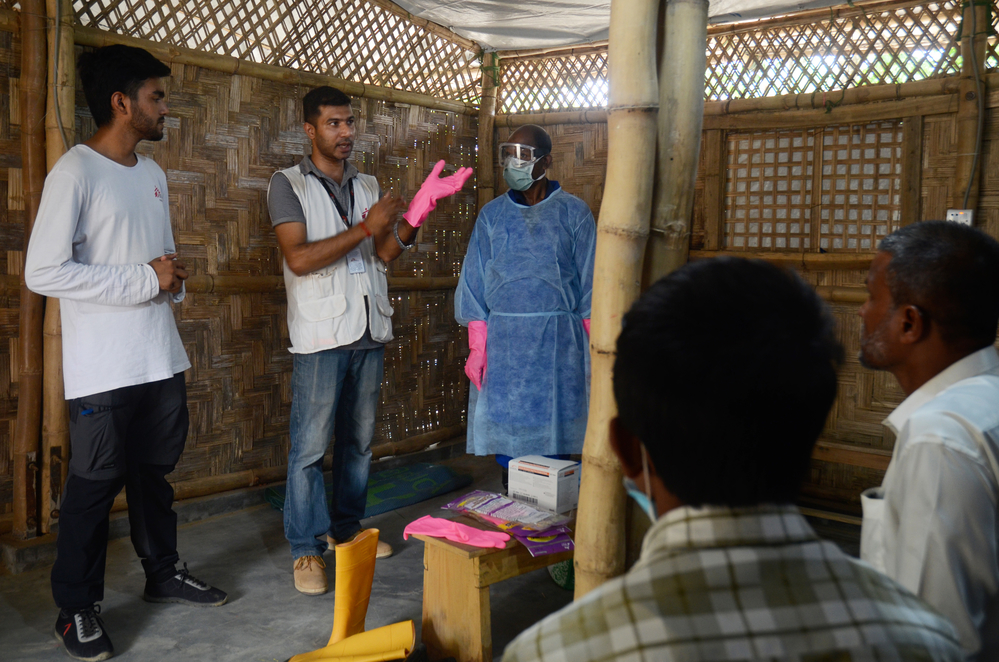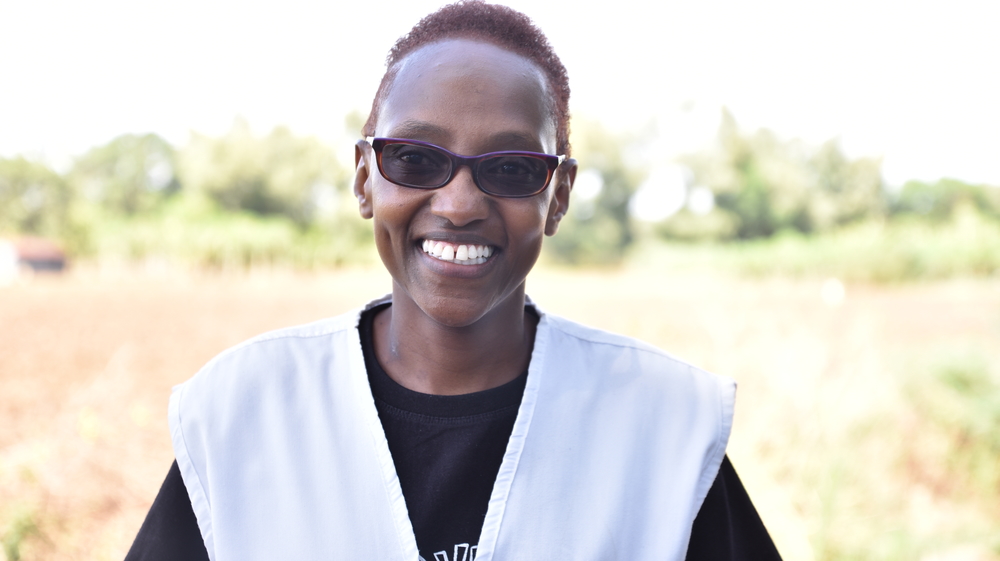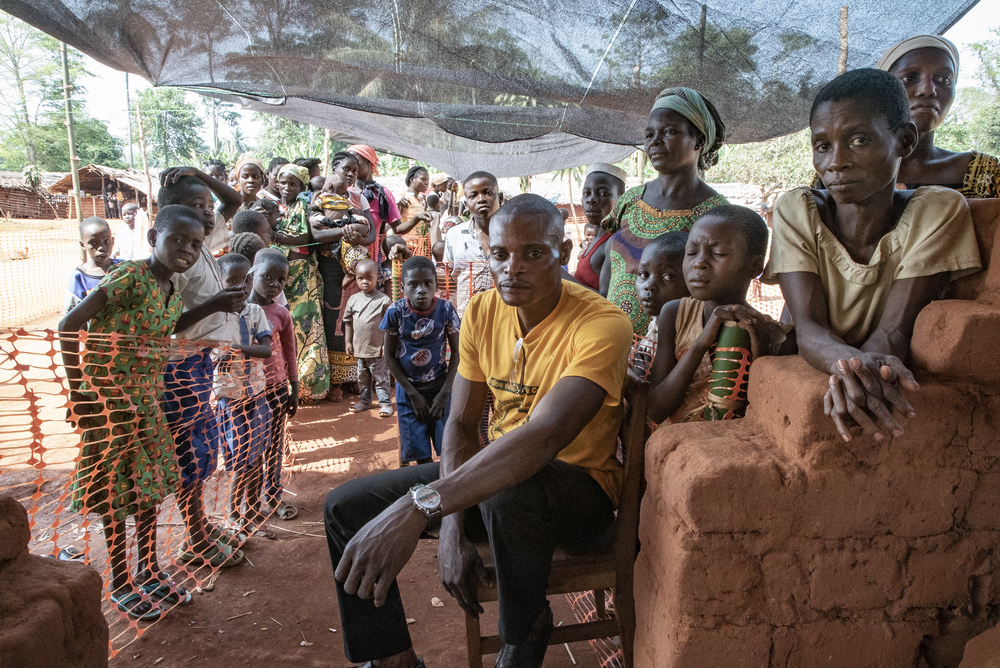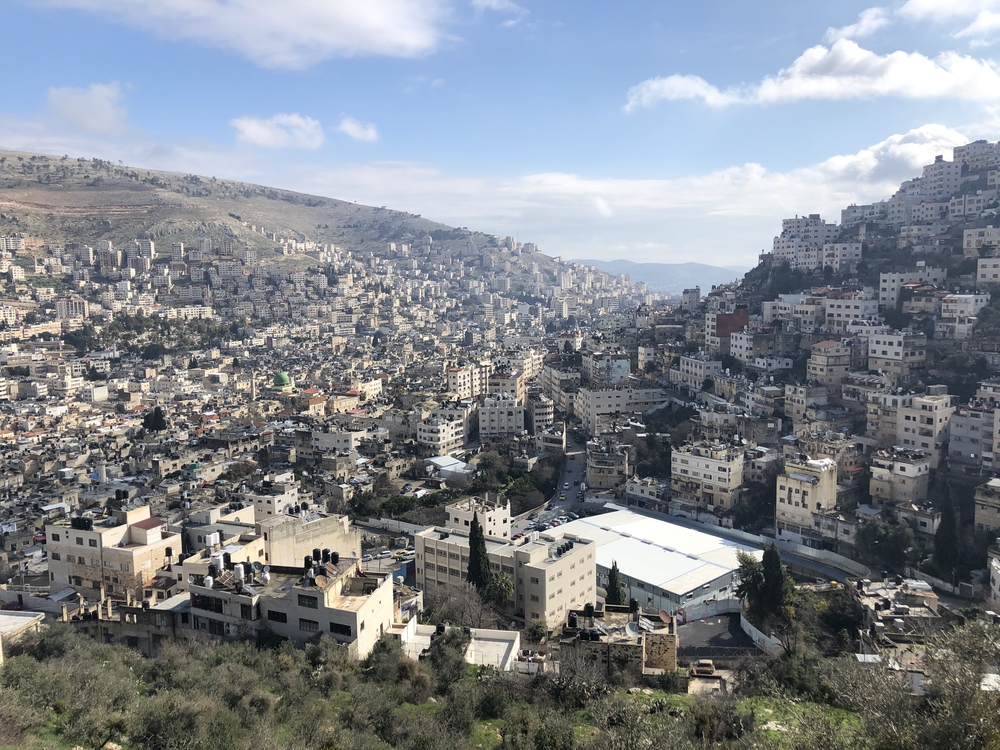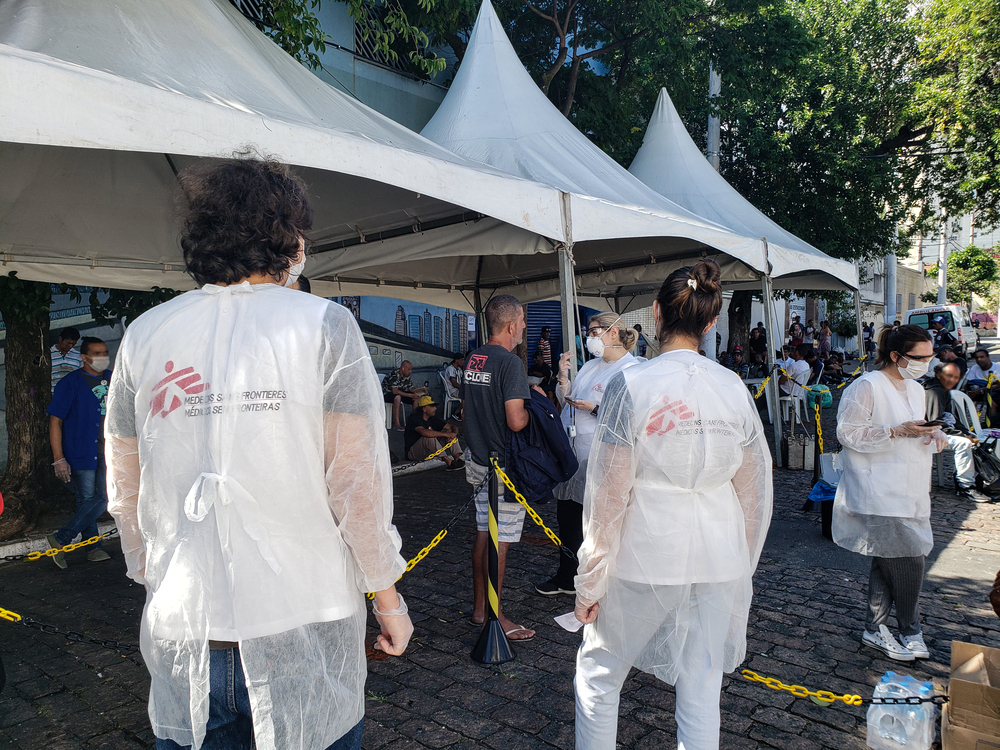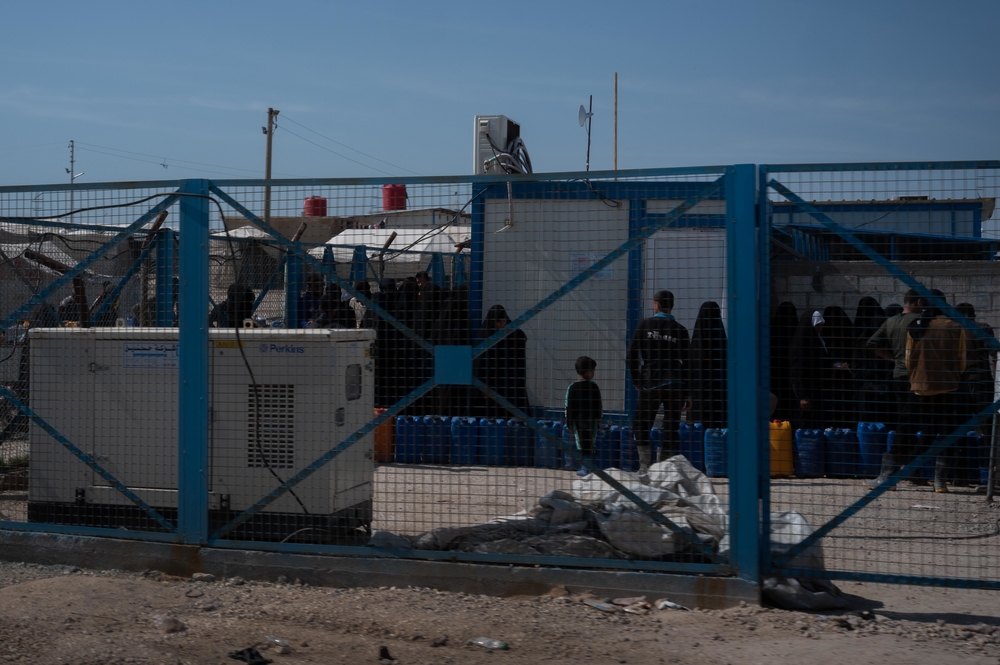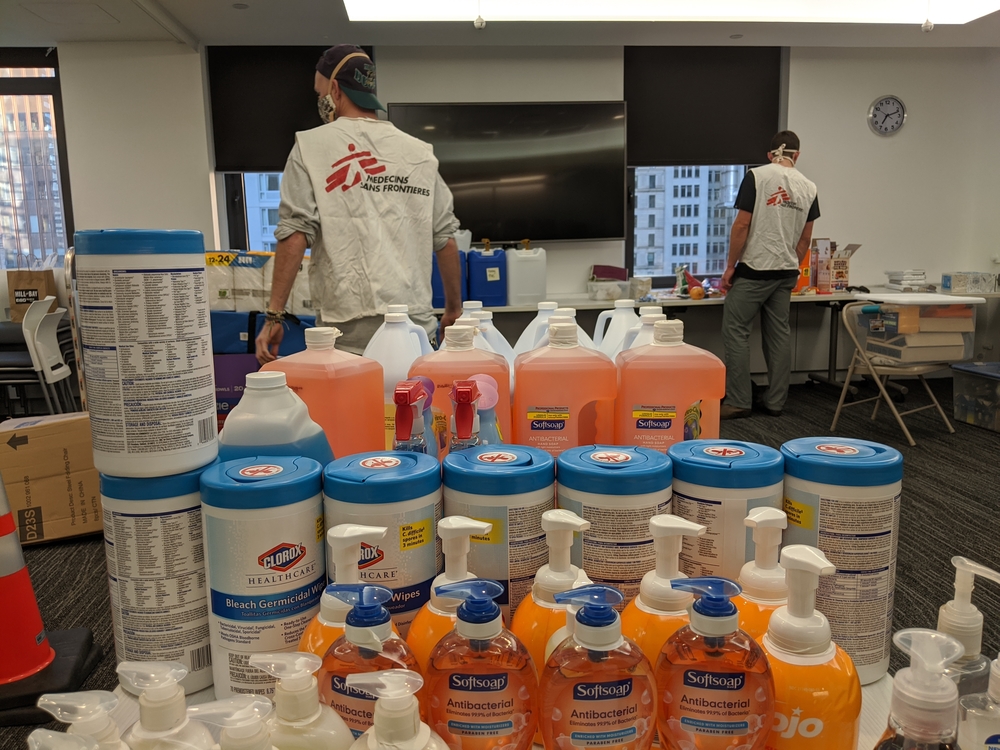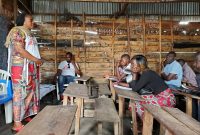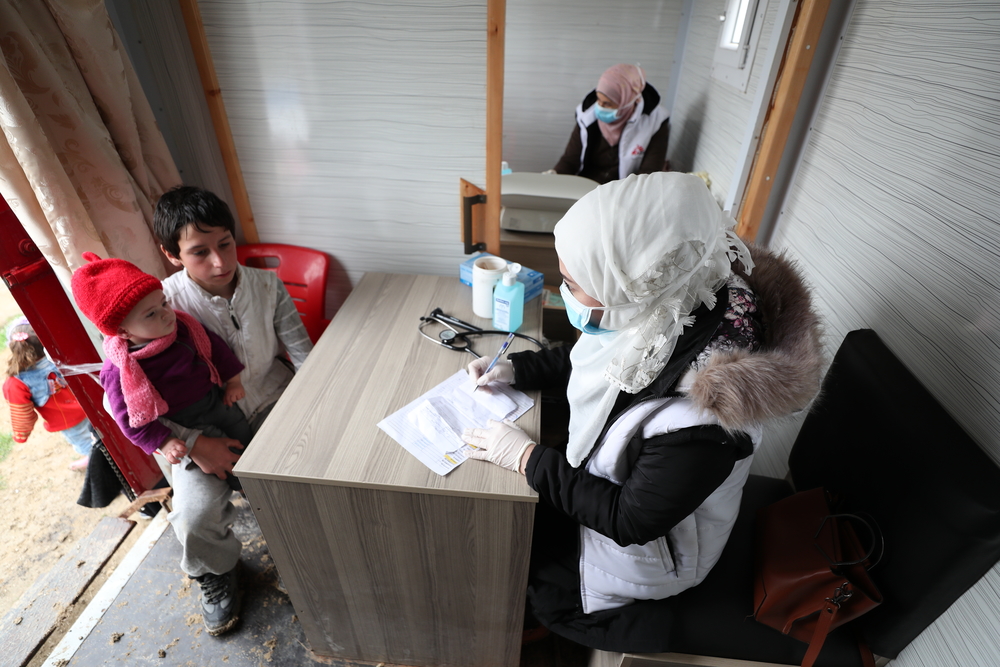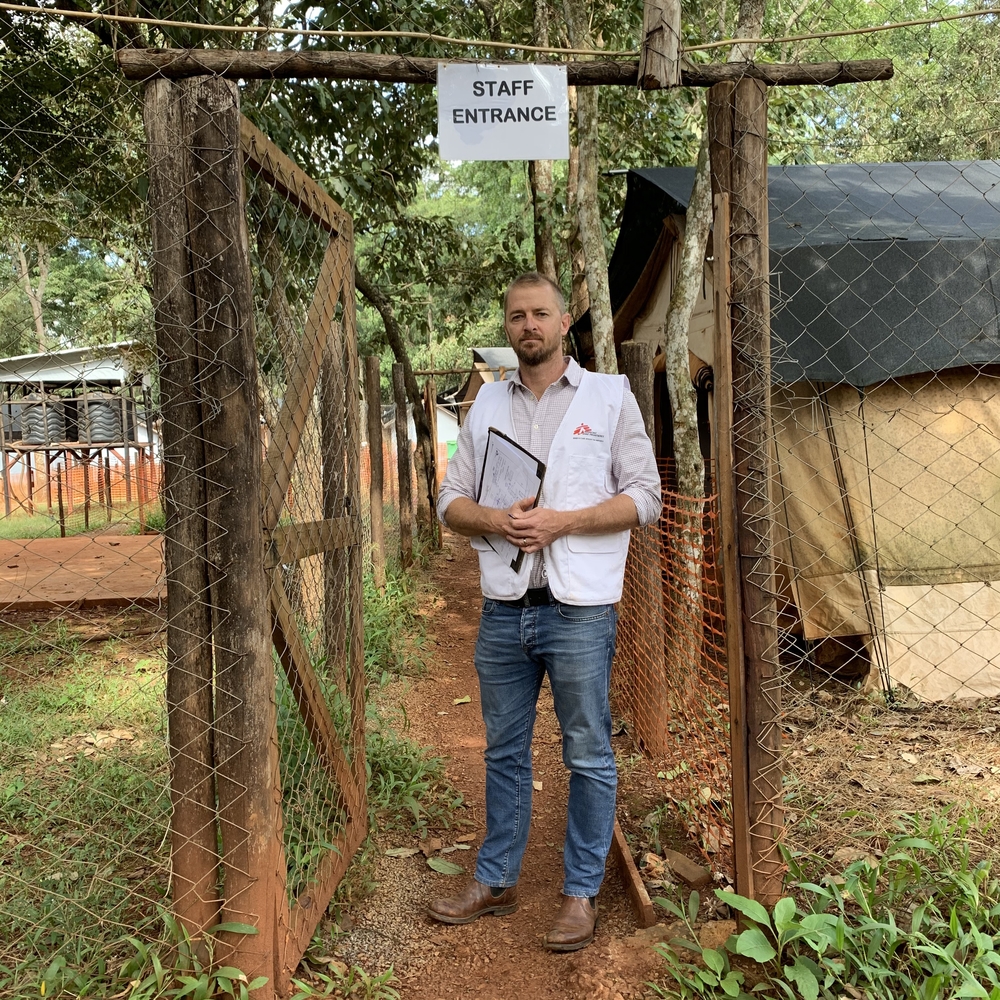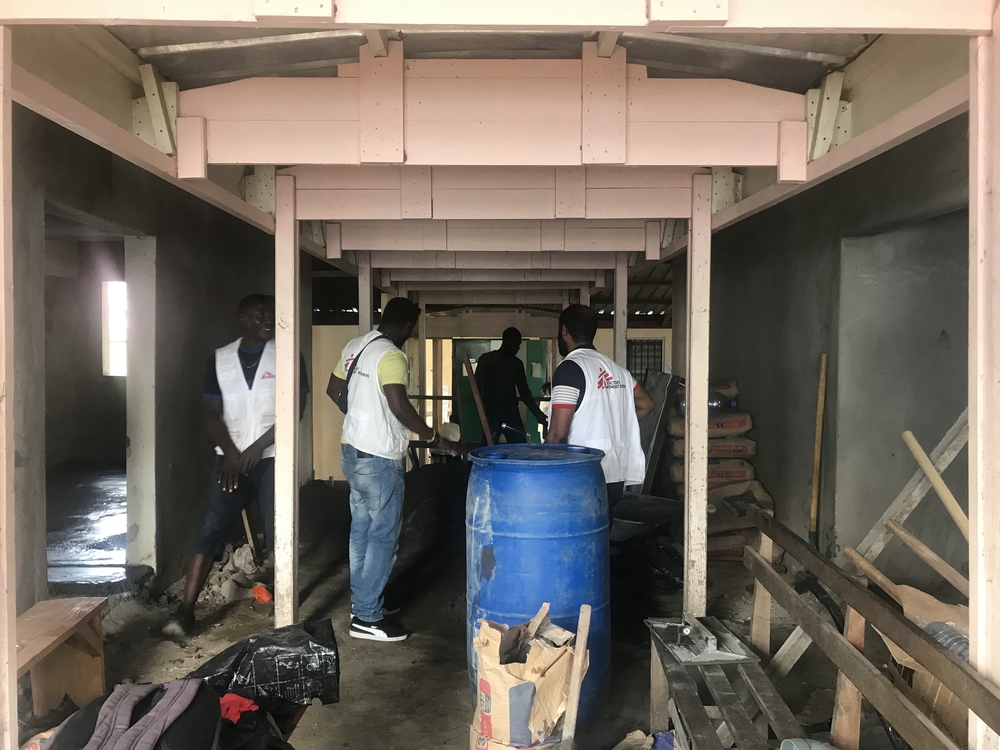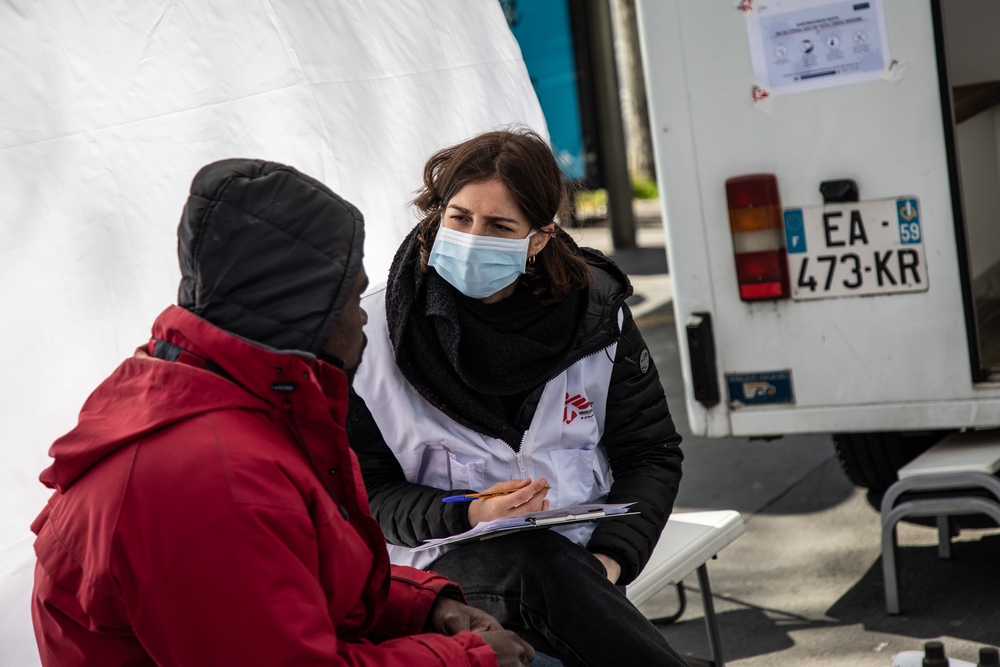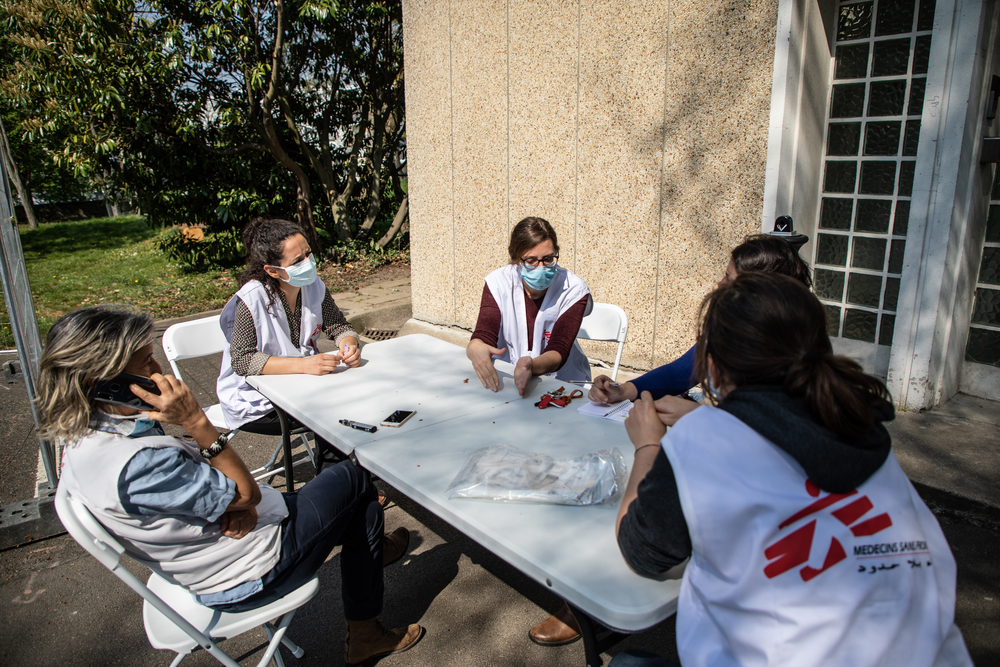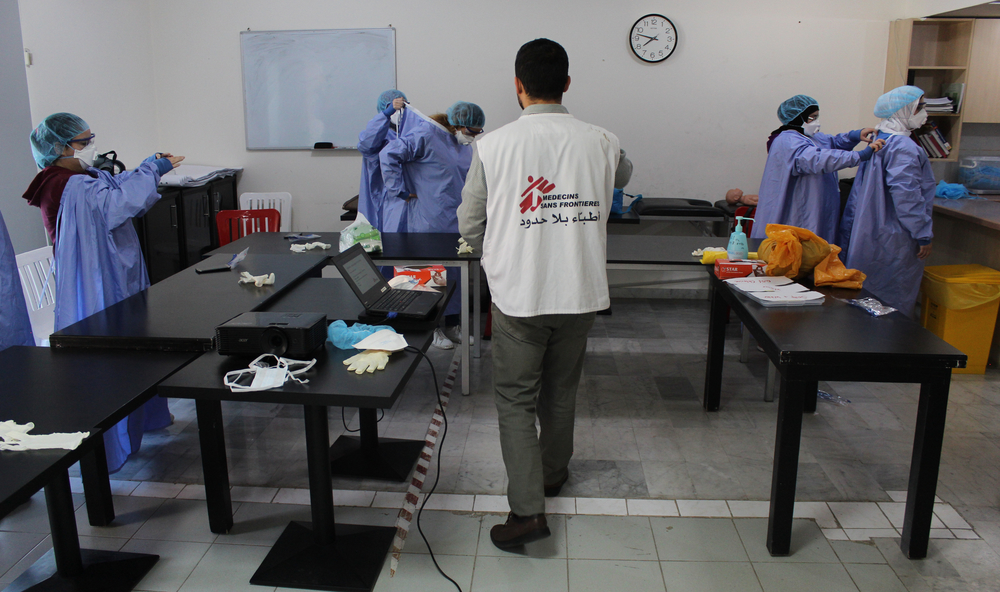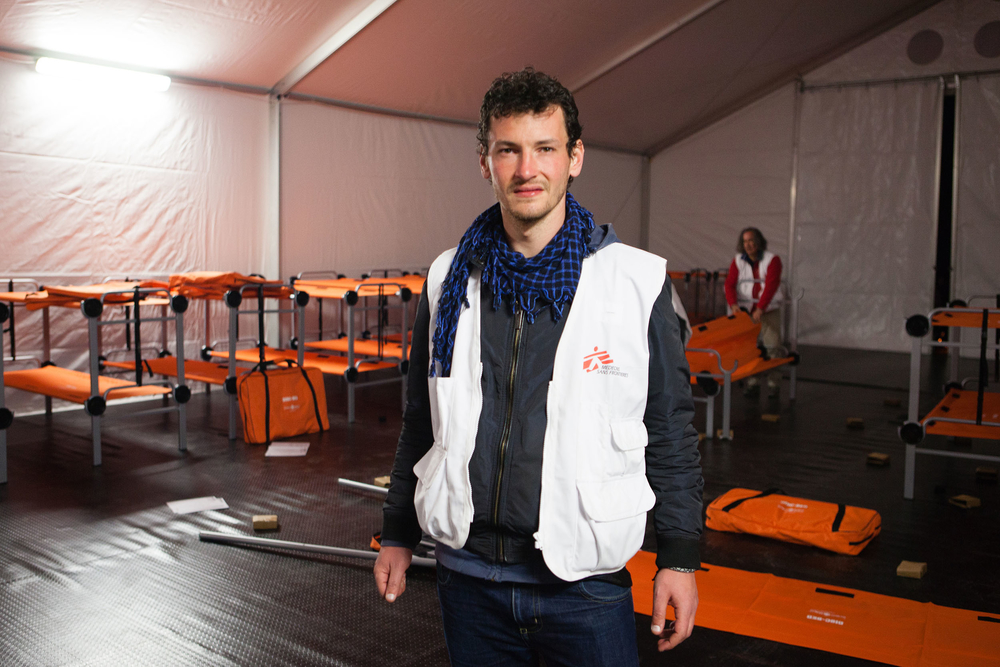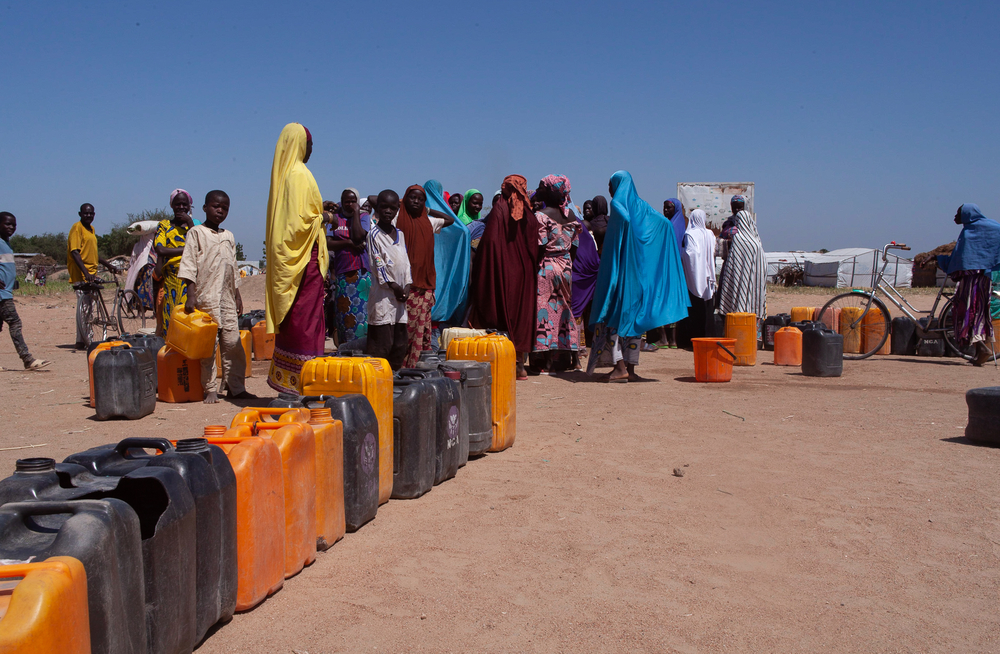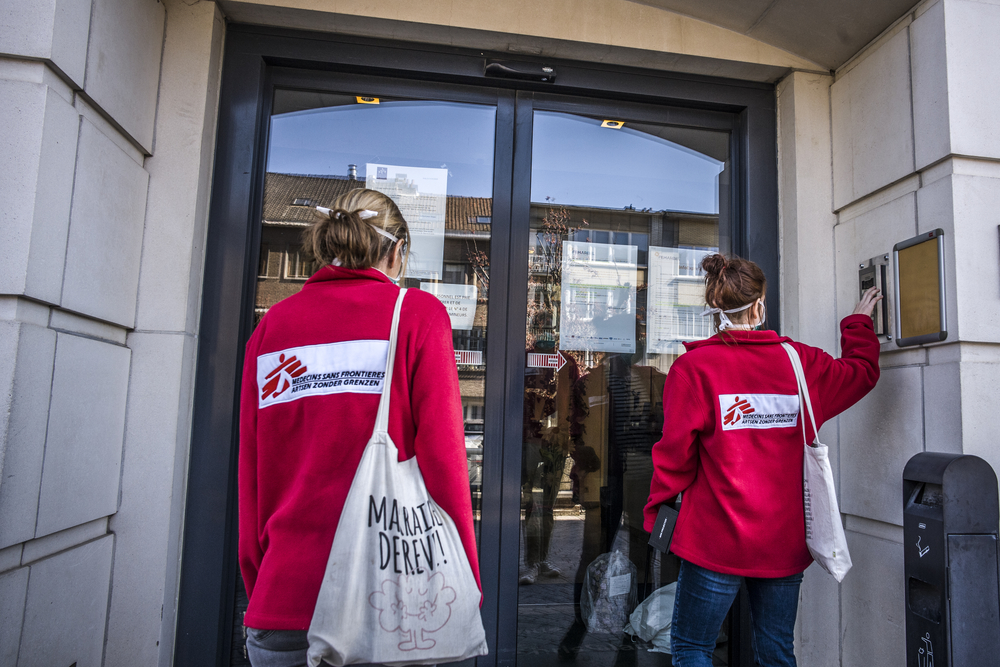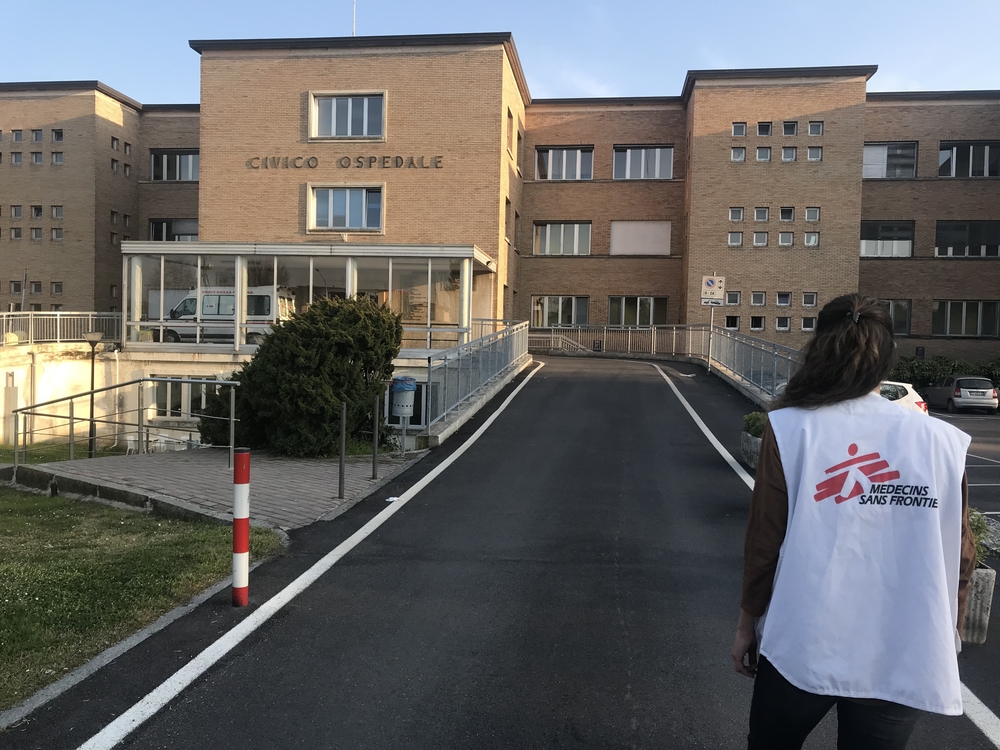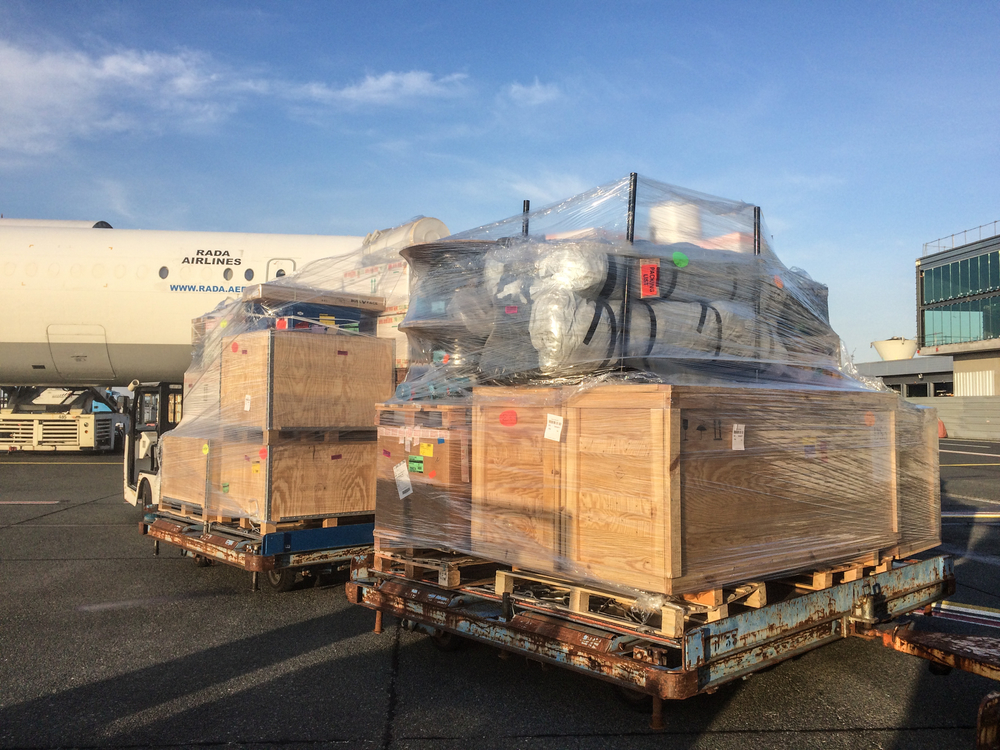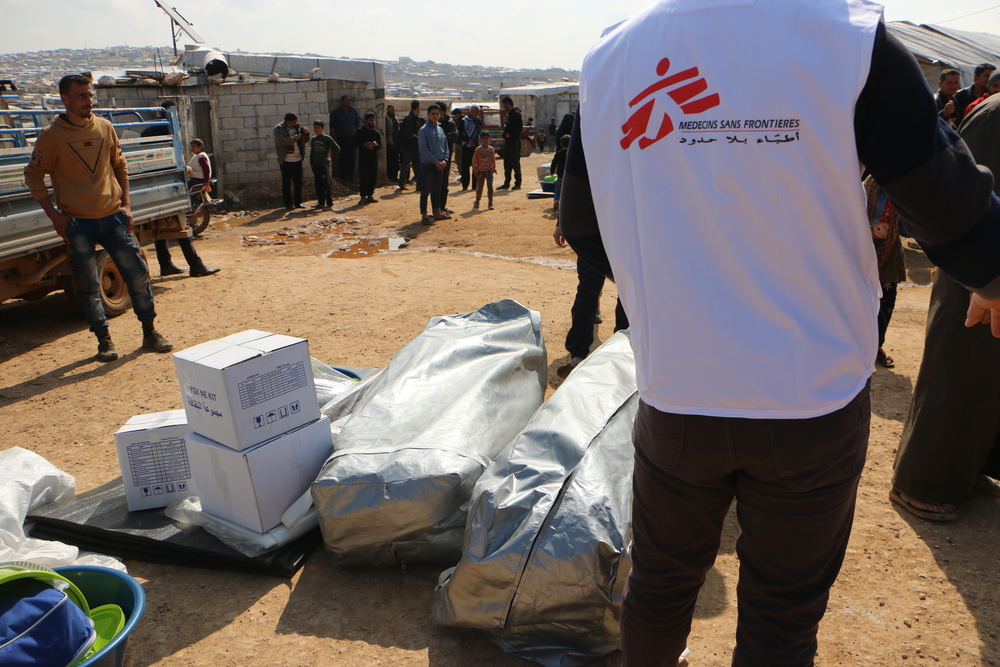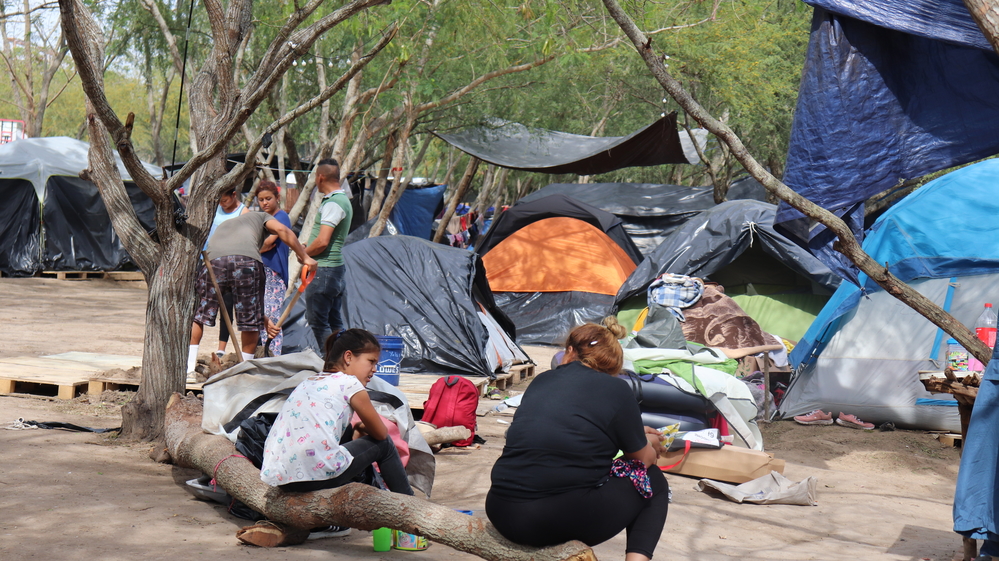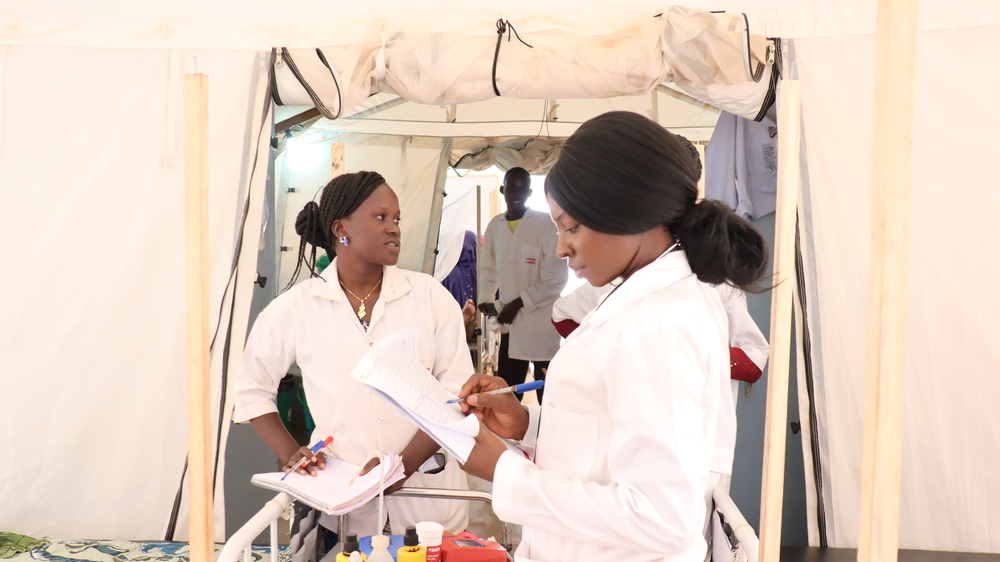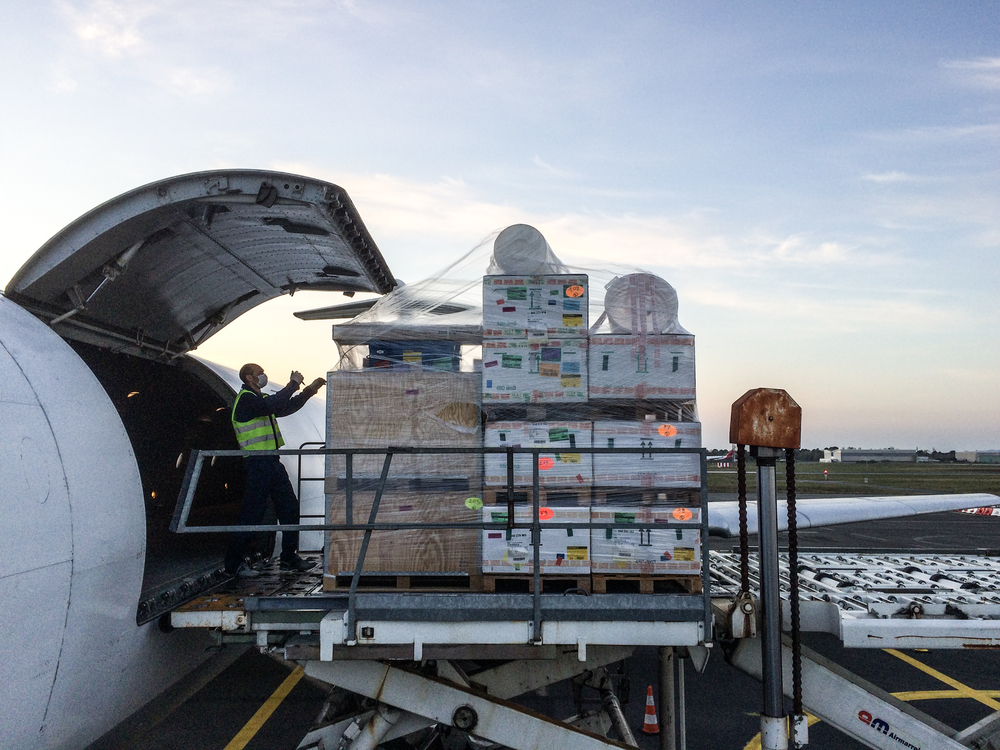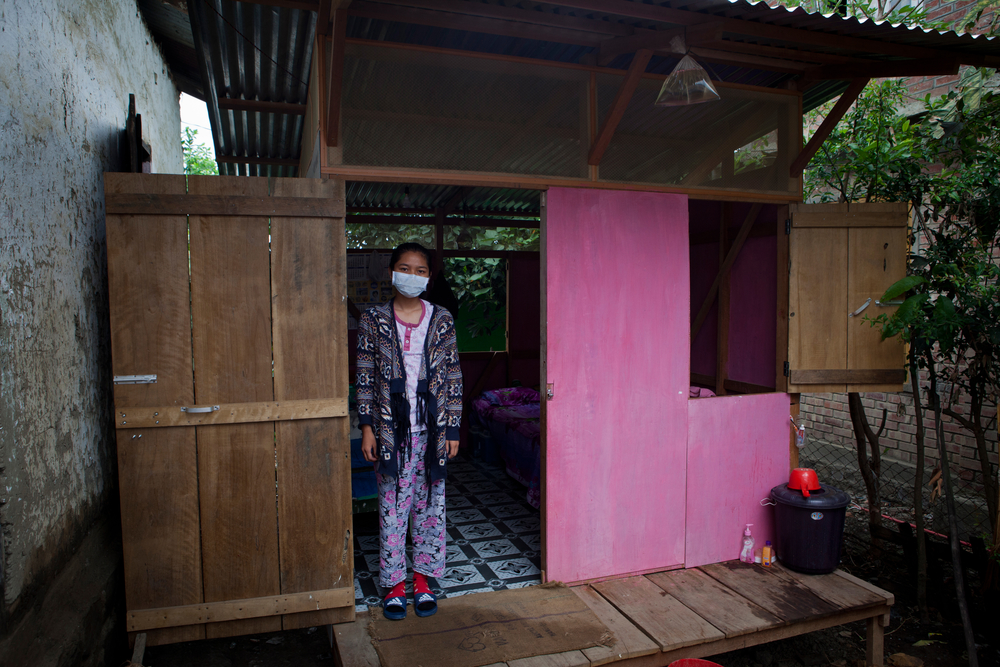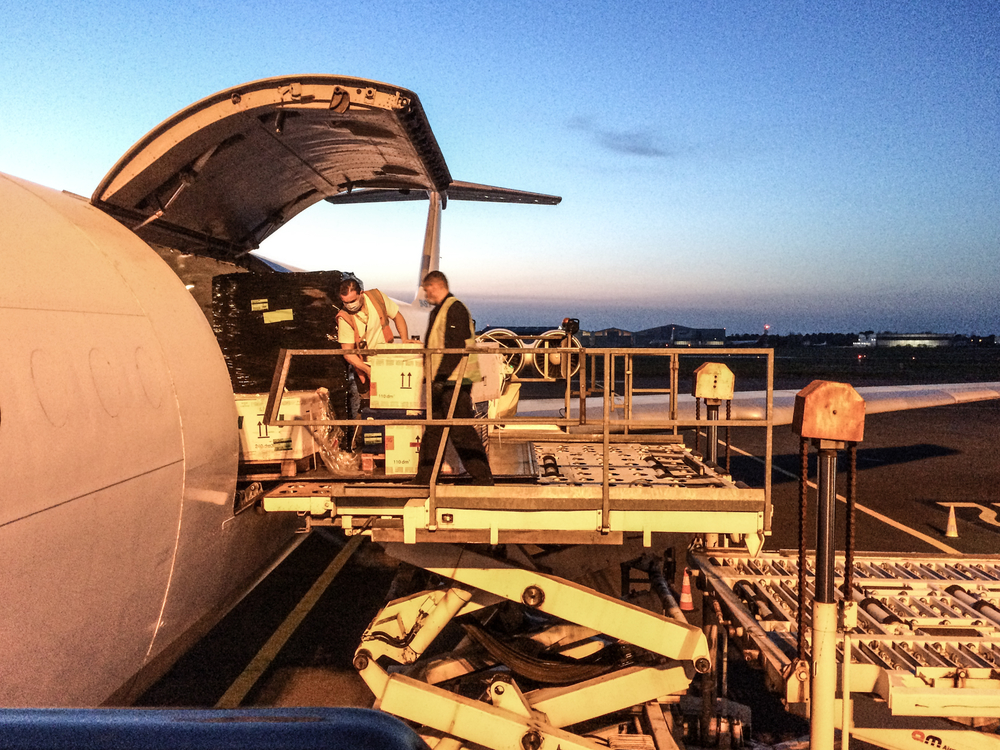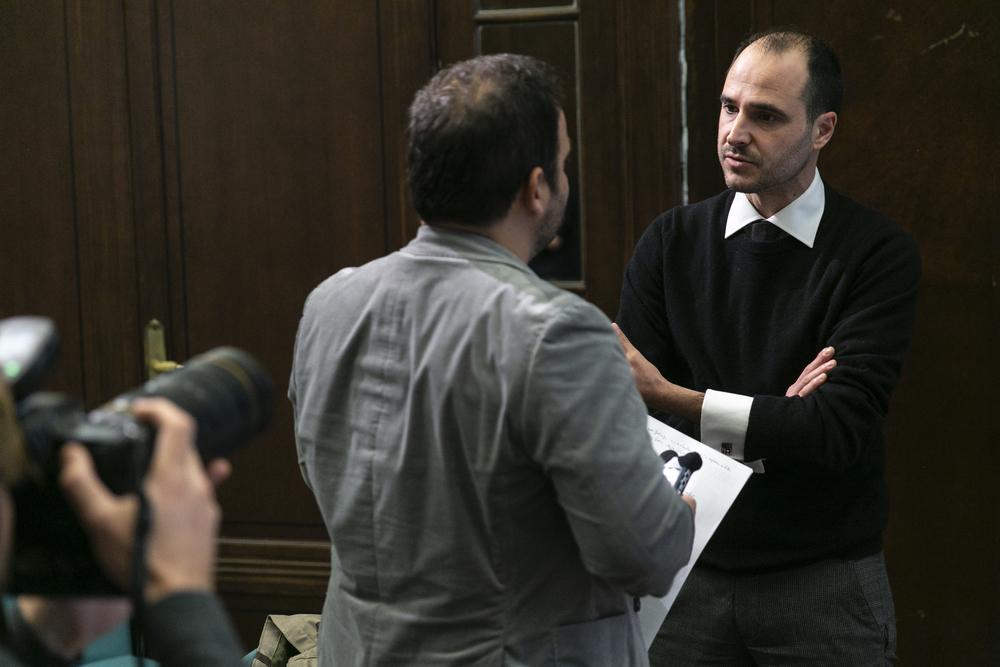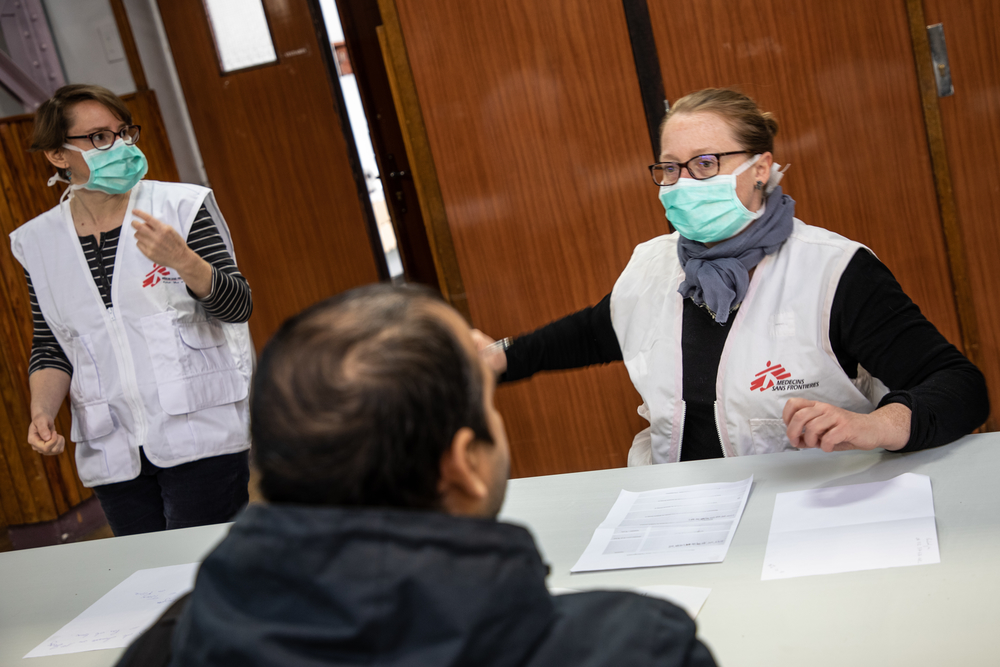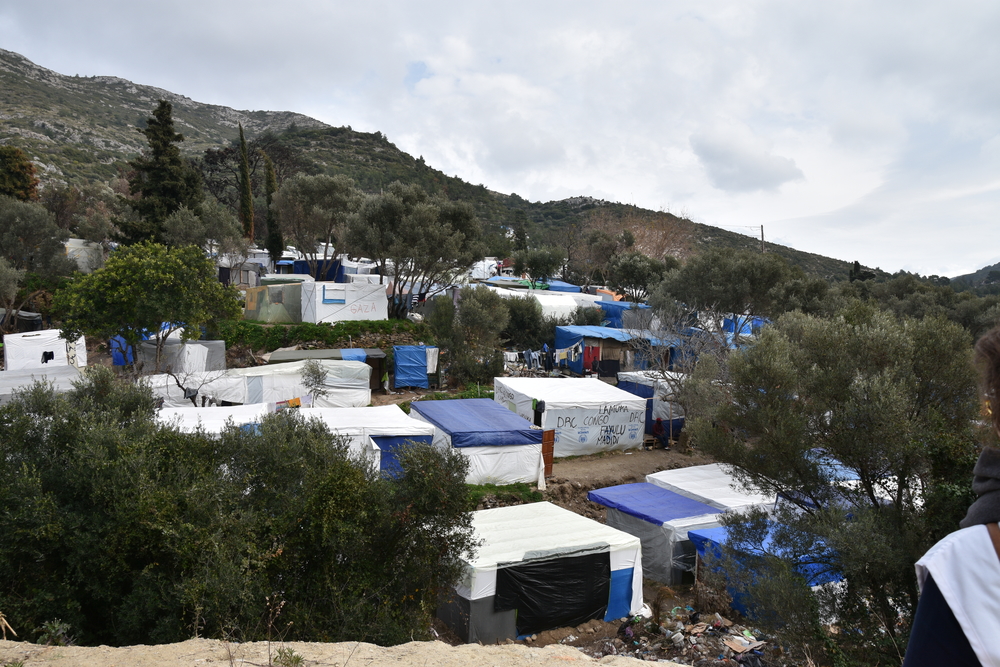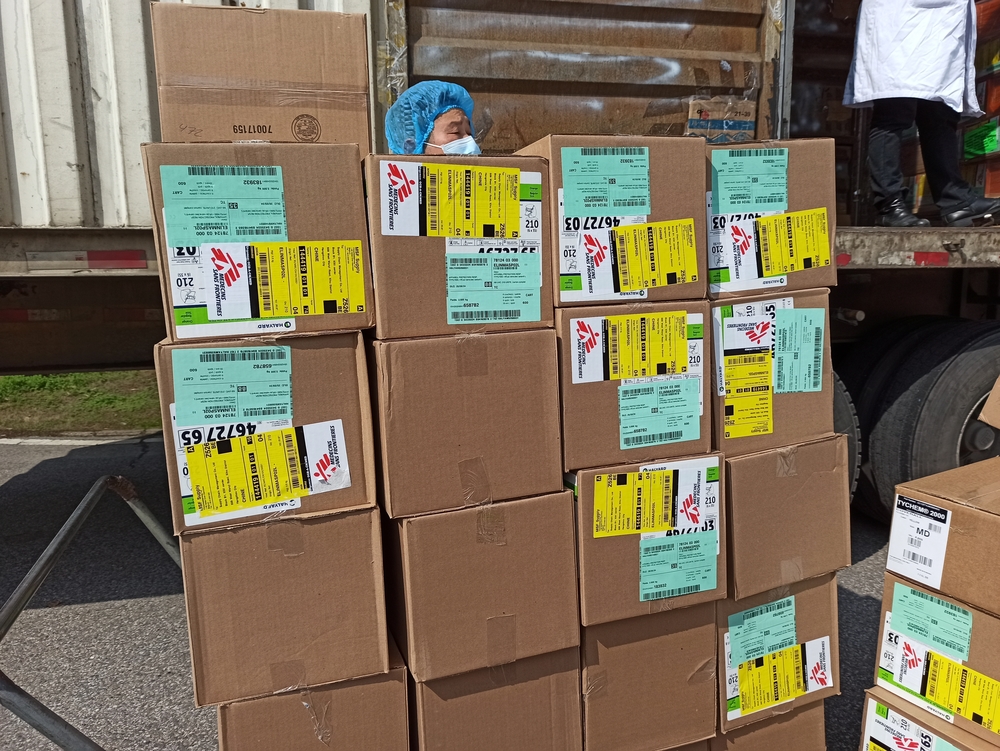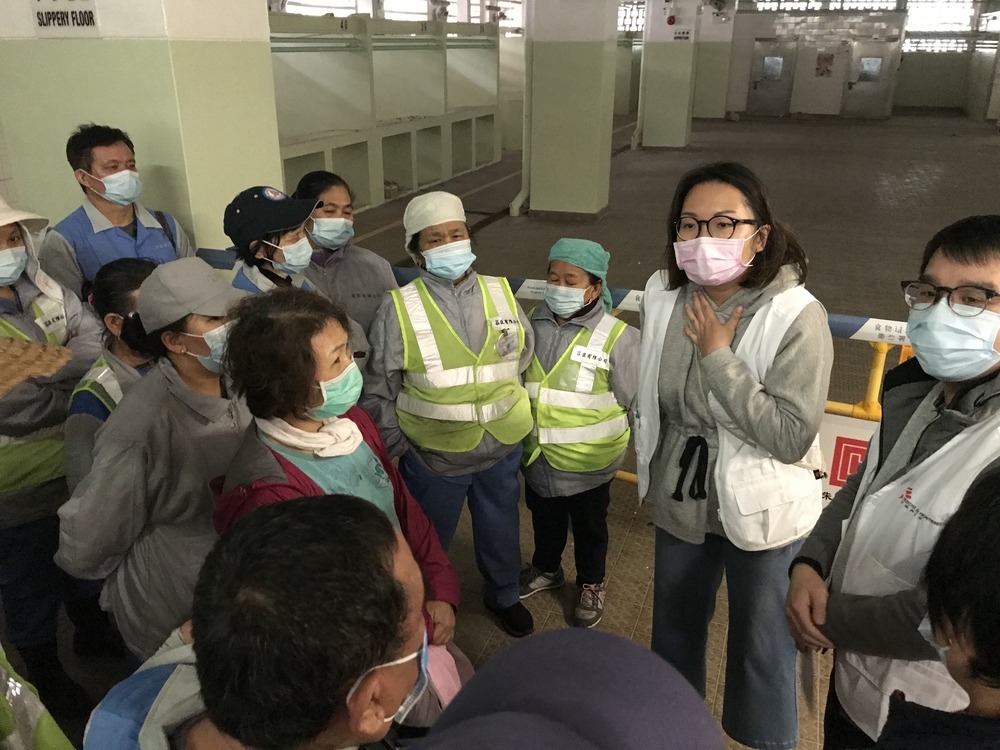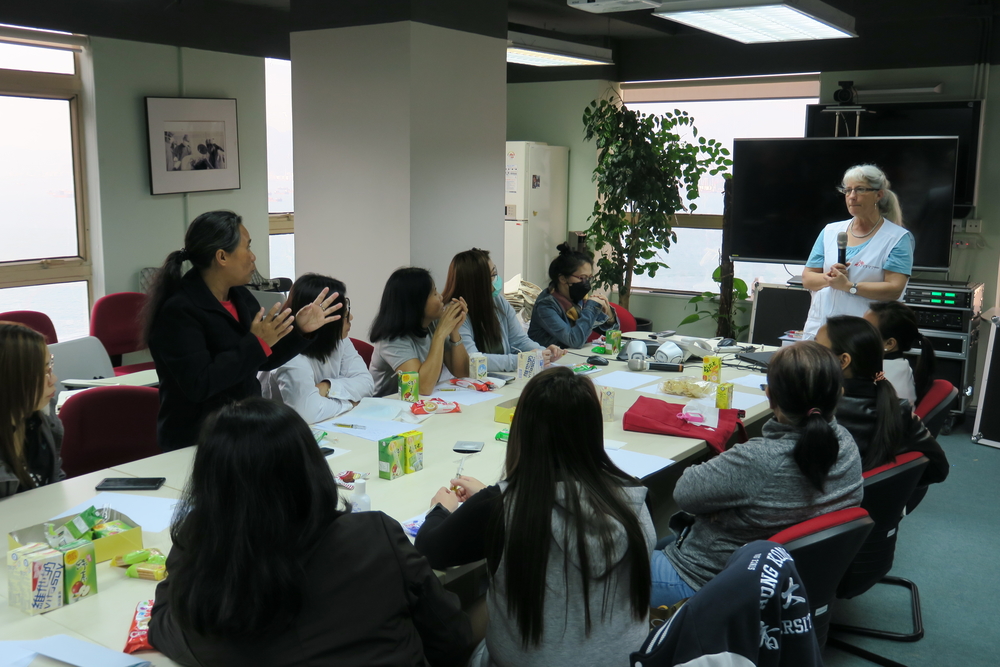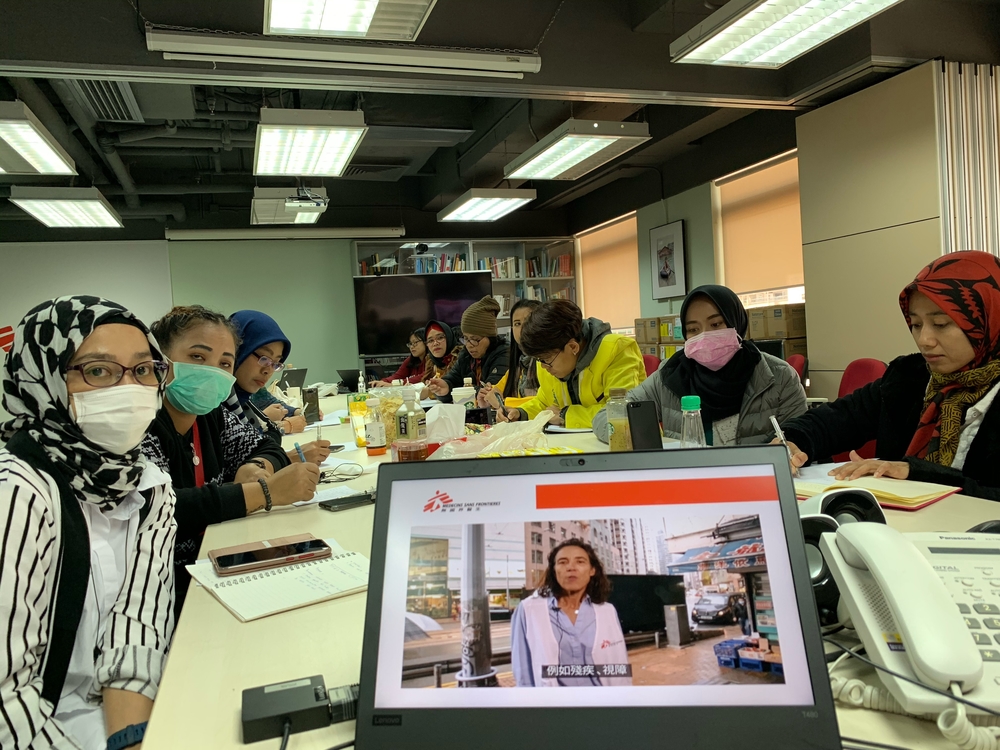Italy: “A new approach to public health, the big change needed to fight COVID-19”
By Dr Claudia Lodesani, Doctors Without Borders/Médecins Sans Frontières (MSF) Italy president and emergency coordinator for COVID-19.
“What can MSF do to help during this COVID-19 crisis? Before, the health services, here in Italy as in most European countries, were focused on individual care. But now they have to start thinking about public health in an outbreak context instead.
Making that sort of change is difficult for any health service. They have to change how they think and act, a complete change of approach. In addition, a common factor in epidemics is the high number of patients who arrive at hospitals all at the same time. This can have a negative impact on even well-developed healthcare systems which are not used to coping with these kinds of numbers every day. Adapting to this is not easy.
If MSF can add any value in a situation like this, it’s our experience of operating as an organization where our entire way of working is built around emergencies and outbreaks. We have a lot of experience of working in these conditions around the world. It’s what we do. So the best impact we can have now is advising the healthcare systems about the different approaches, strategies and practices that must be employed when confronting a pandemic like the coronavirus.
When we arrived in Lodi, in northern Italy, it was immediately clear how traumatized a lot of the medical staff were. They wanted to talk about the crisis, about what they’d been through on the frontline of this emergency for two or three weeks. It was something they’d never experienced before. They were shocked by how quickly everything had happened.
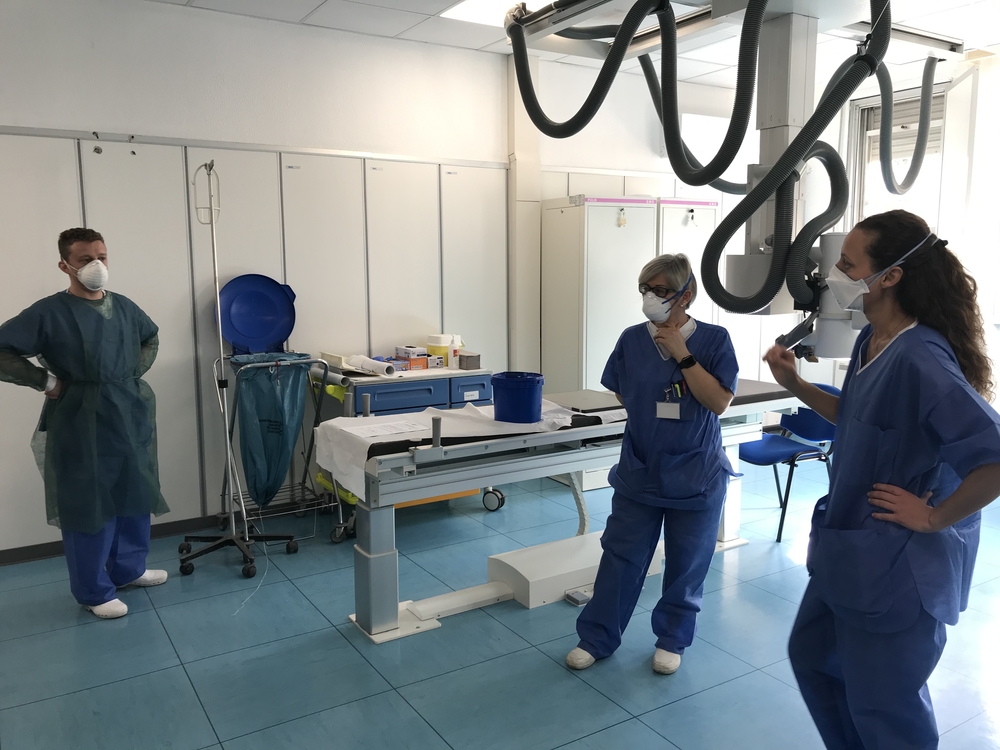
We were able to listen and sympathize because we know what it’s like. Being able to talk like that, to cry in front of people who understand what you’re experiencing, is really important. It helps you know you’re not alone and gives you the strength to keep working.
The first step in tackling an outbreak like this is the protection of frontline staff. Without them, we couldn’t respond to the pandemic. Thousands of them are falling ill across affected countries, so keeping them safe and free from infection is key.
The next step is realizing that, although hospitals are vital to the response, home care and outreach are also really important. In an outbreak, you cannot focus only on hospital care; general practitioners and family doctors have a vital role to play as well. You have to take the wider community into account.
We have a lot of retirement homes for elderly in Italy and obviously the level of medical care you receive in a home is not the same as you would get in a hospital. The people in retirement and nursing homes are at huge risk from COVID-19, as elderly are the most vulnerable and live in close contact in these facilities, so it’s important to reorganize the way they are run.
Even in the small district where I am now, in central Italy, there are around 50 homes, so it’s a big job. MSF saw the need here and we have begun to help the staff in these homes, with protective measures and infection control, as part of our general outreach during this crisis. It’s not safe for the staff working in these homes either.
I’ve worked for MSF for 18 years. And, for me, one of the most difficult things to deal with in this crisis has been the suffering of elderly people. When you’re in the hospital, most of the patients are elderly. In the places where I’ve worked with MSF, most of our patients have been children or young people.
For me personally, there is something very poignant and tragic about the way old people have been particularly affected by COVID-19. When you arrive on the ward and you’re confronted by 80 or 100 very old, very fragile, people, it’s just so upsetting. They’re cut off from their families, even as they struggle with this disease. It affected me very strongly. This pandemic will leave all of us in MSF differently affected, the whole world will be much different.”
